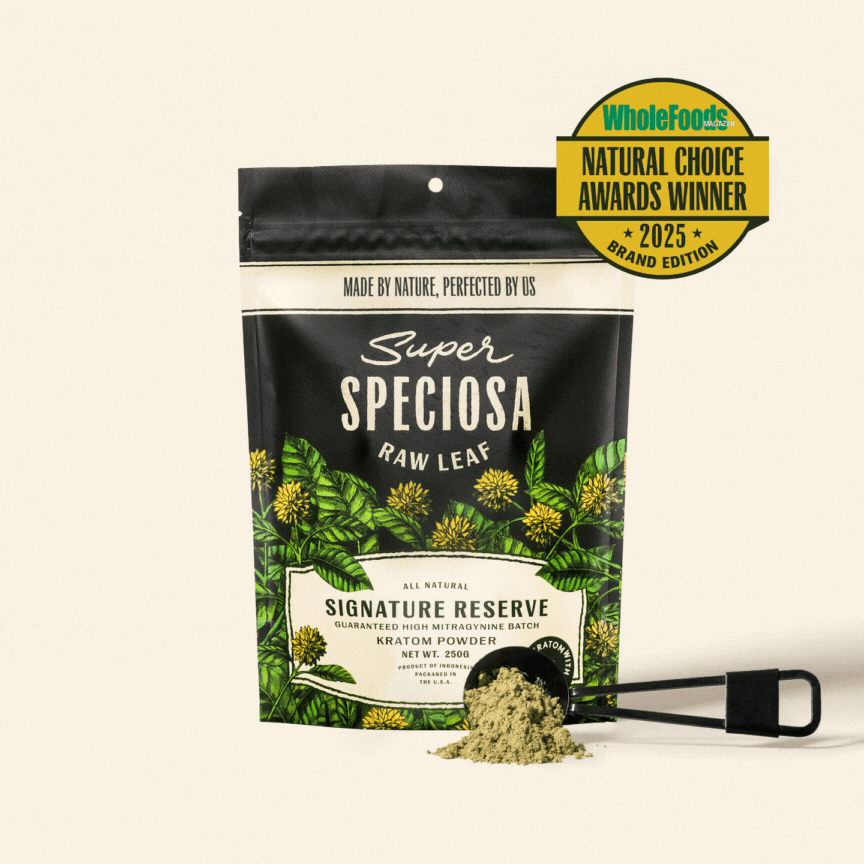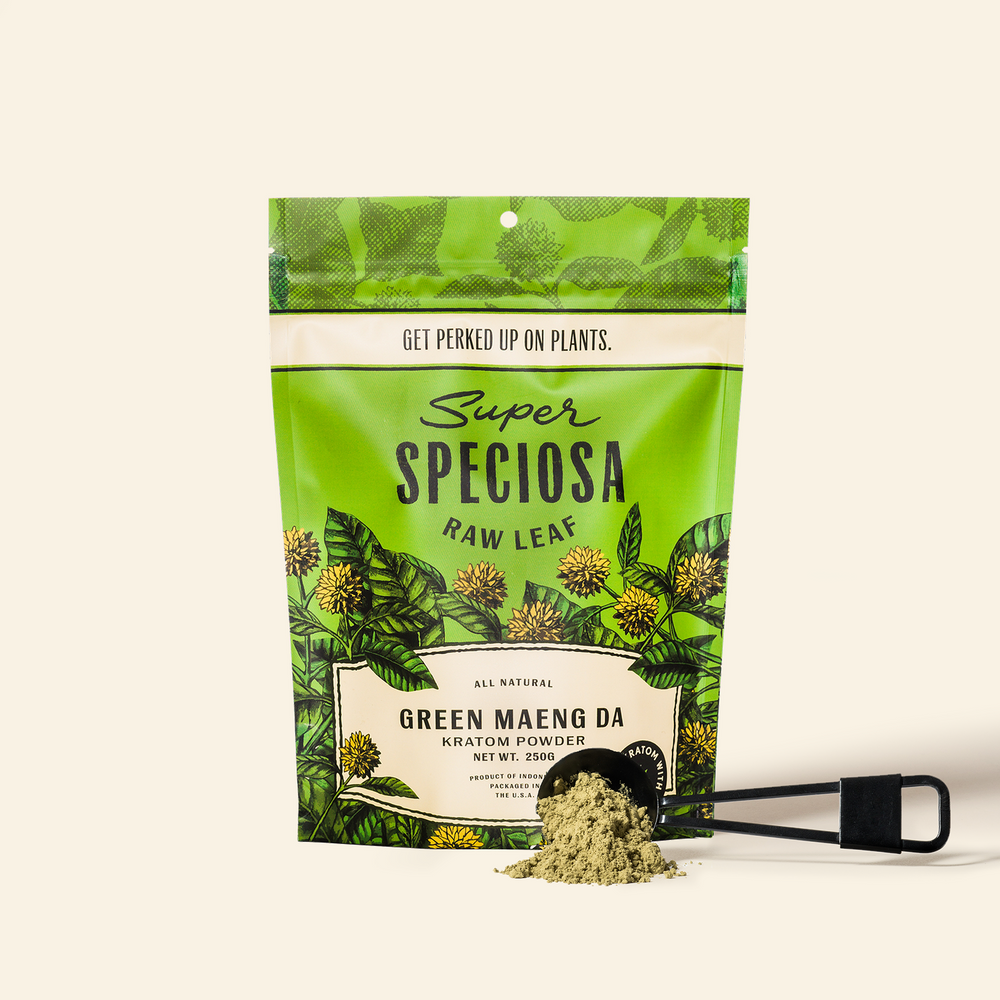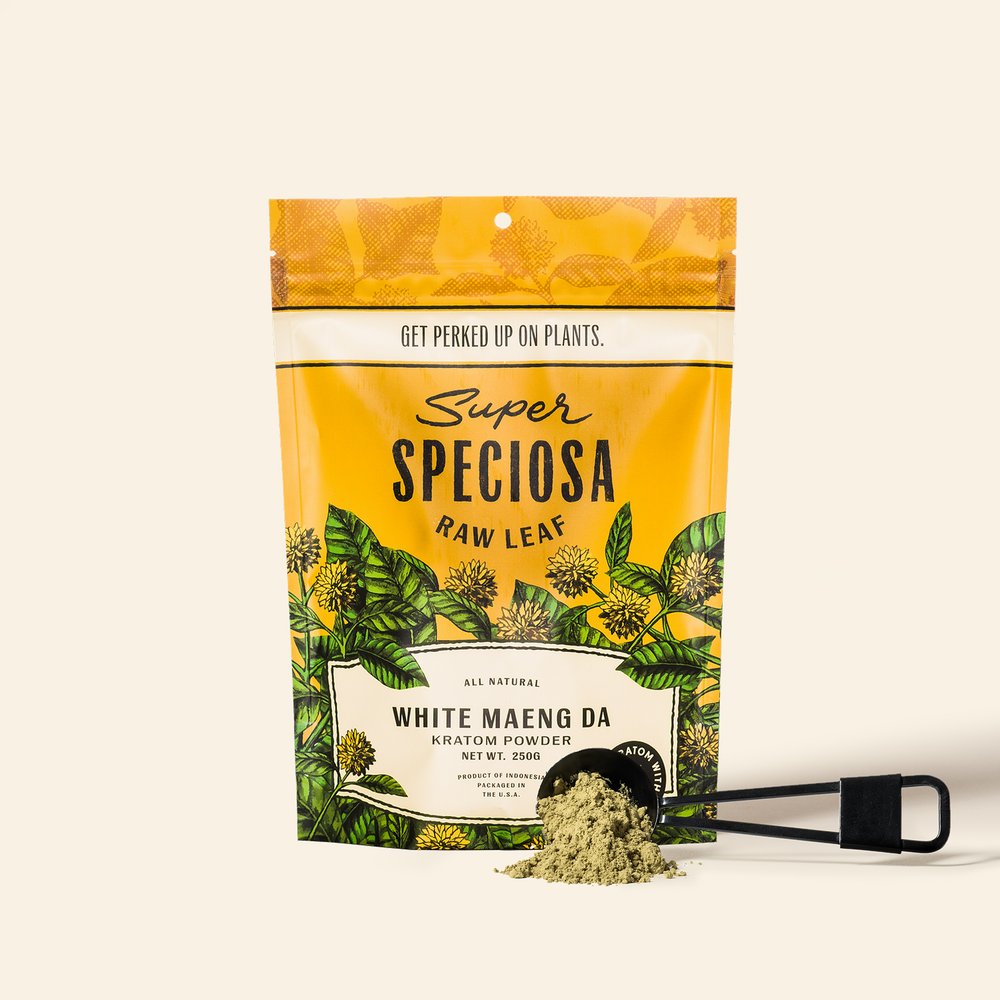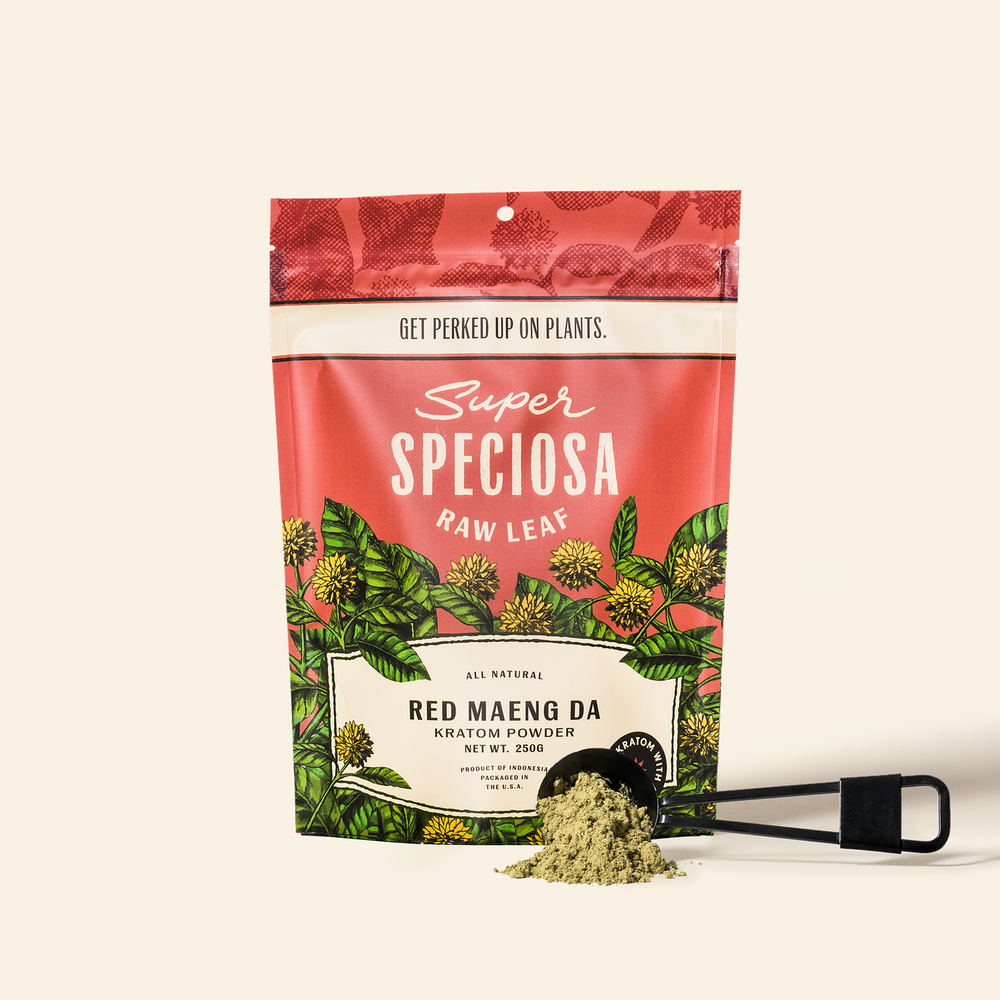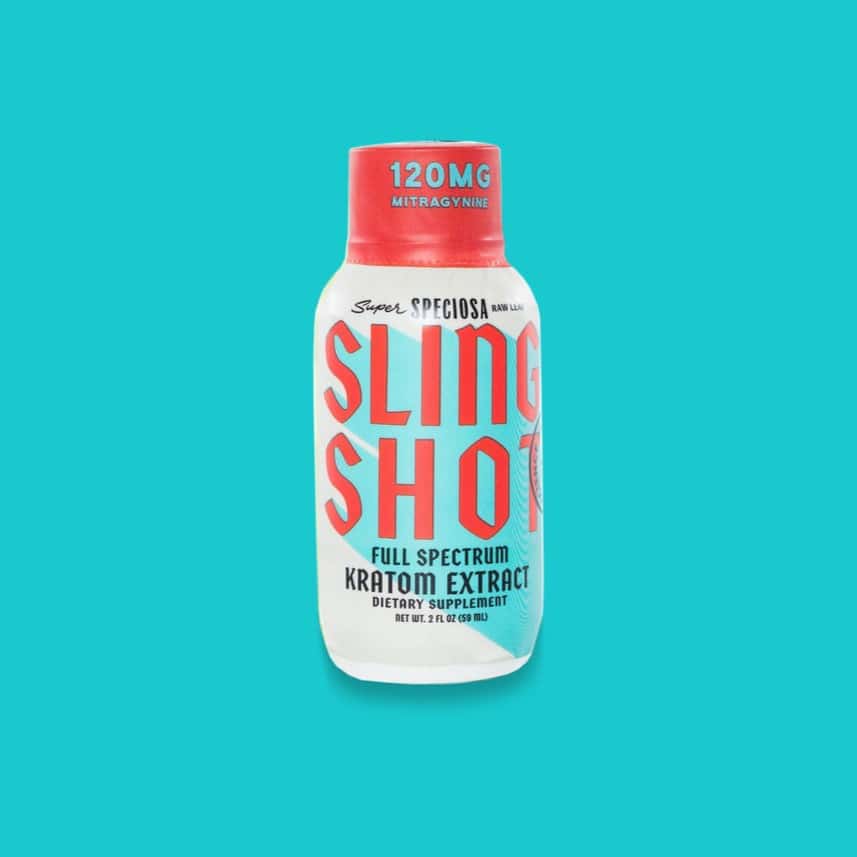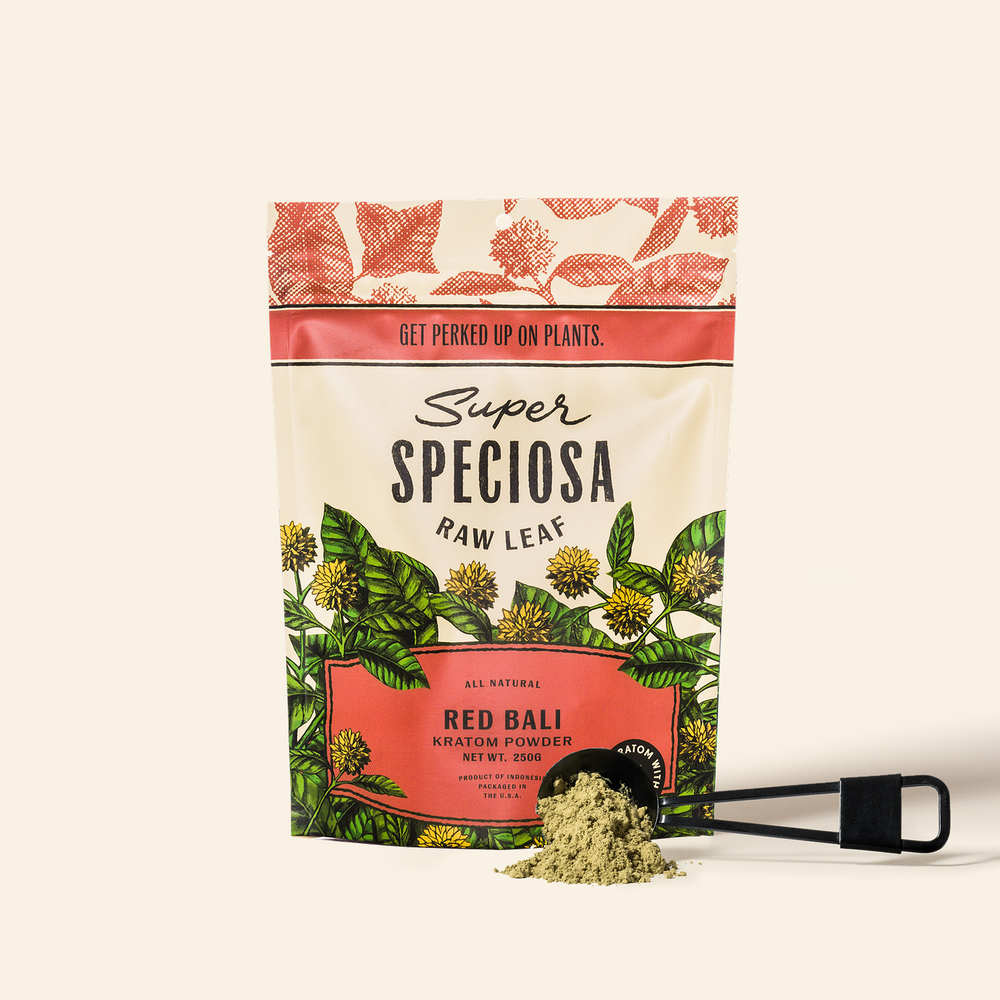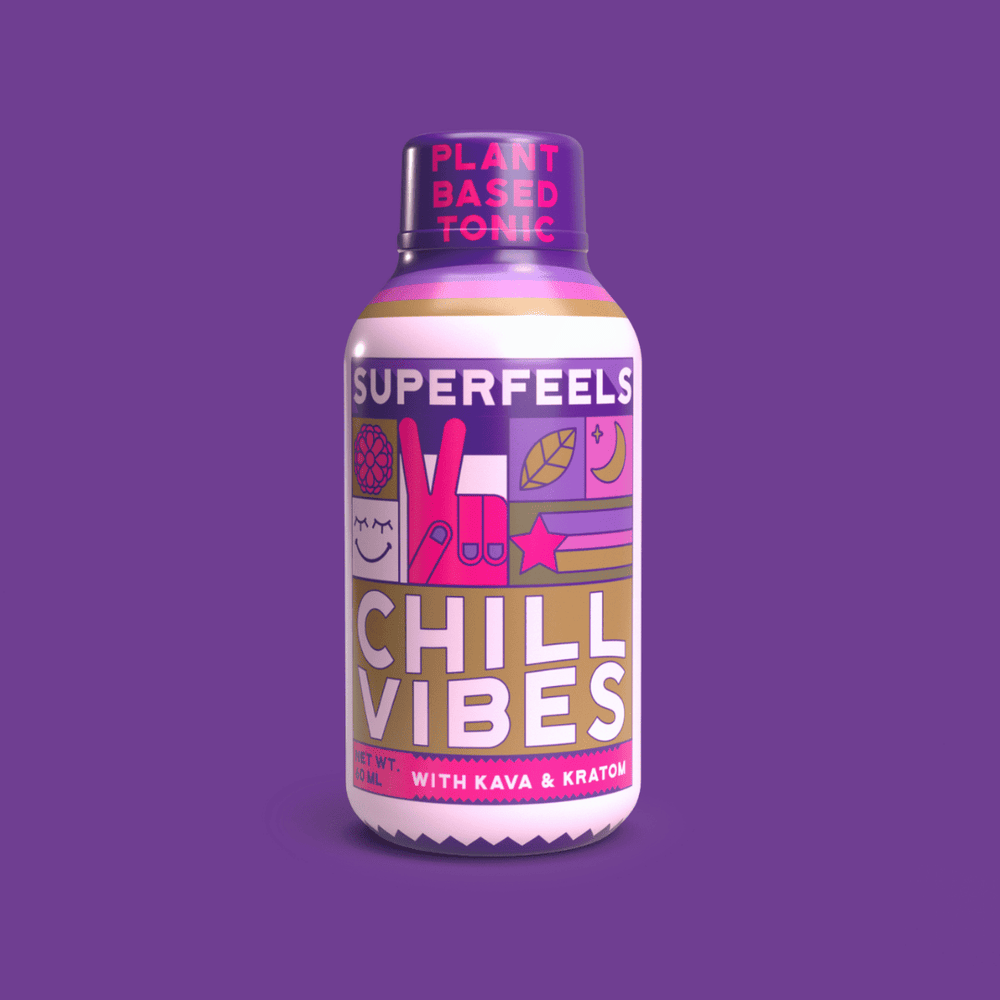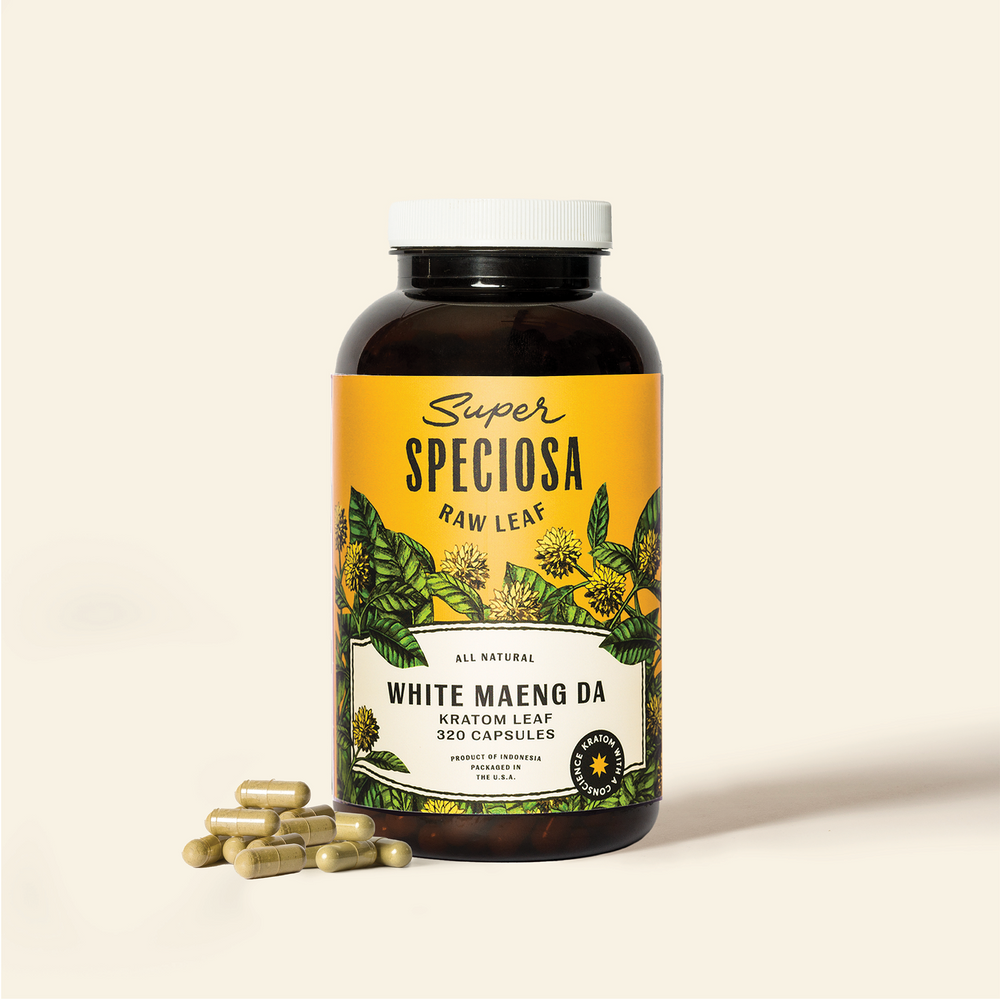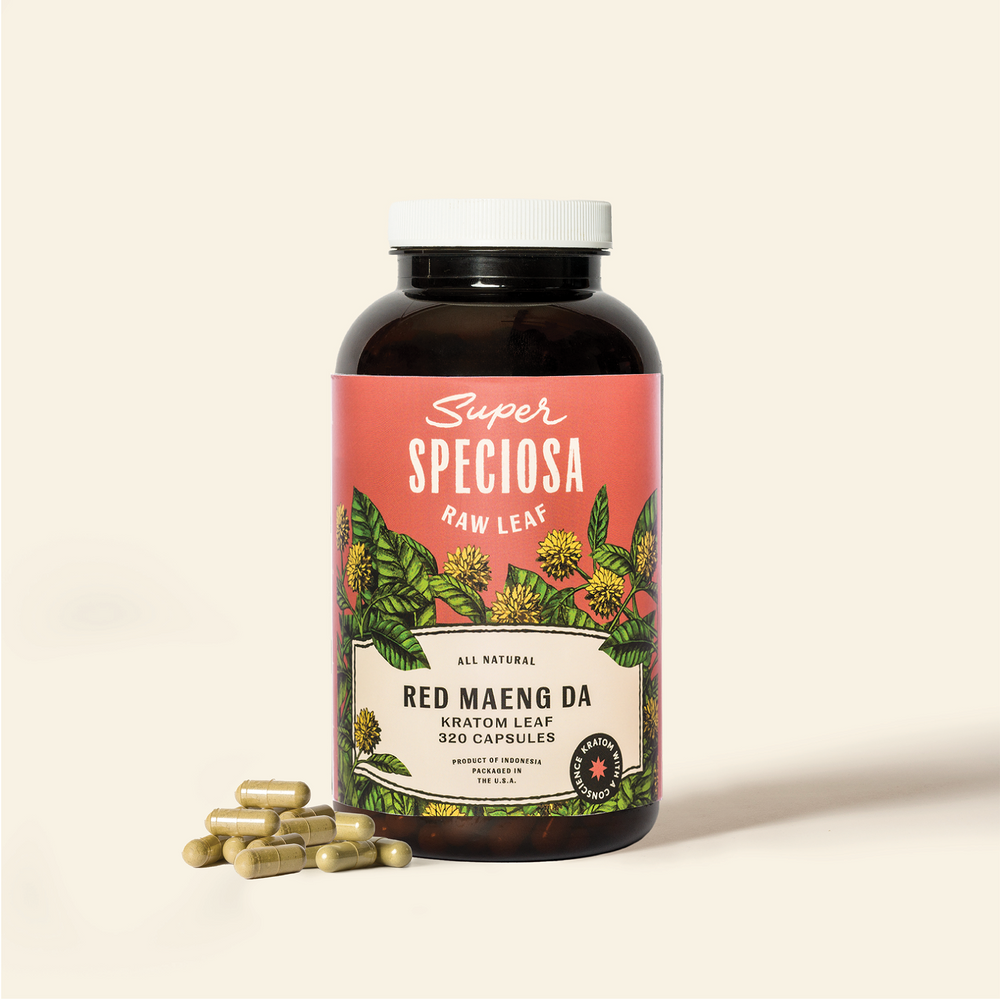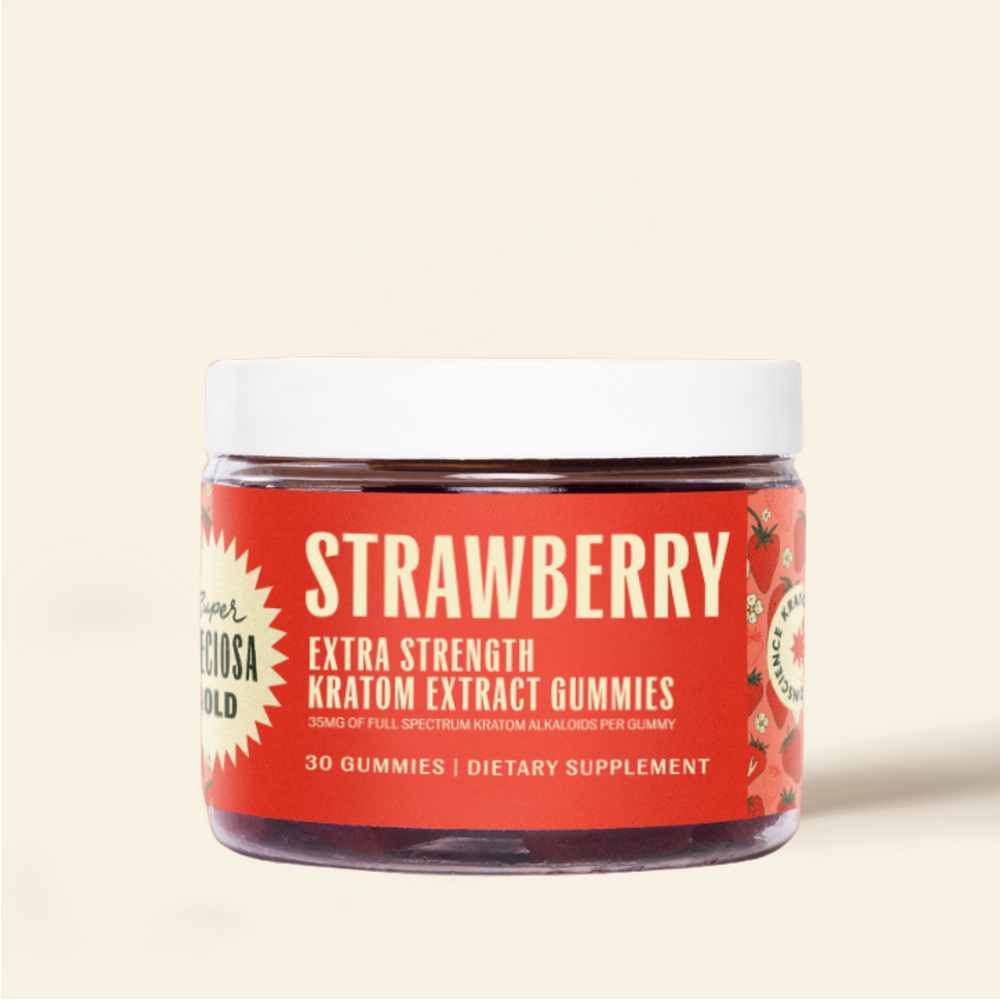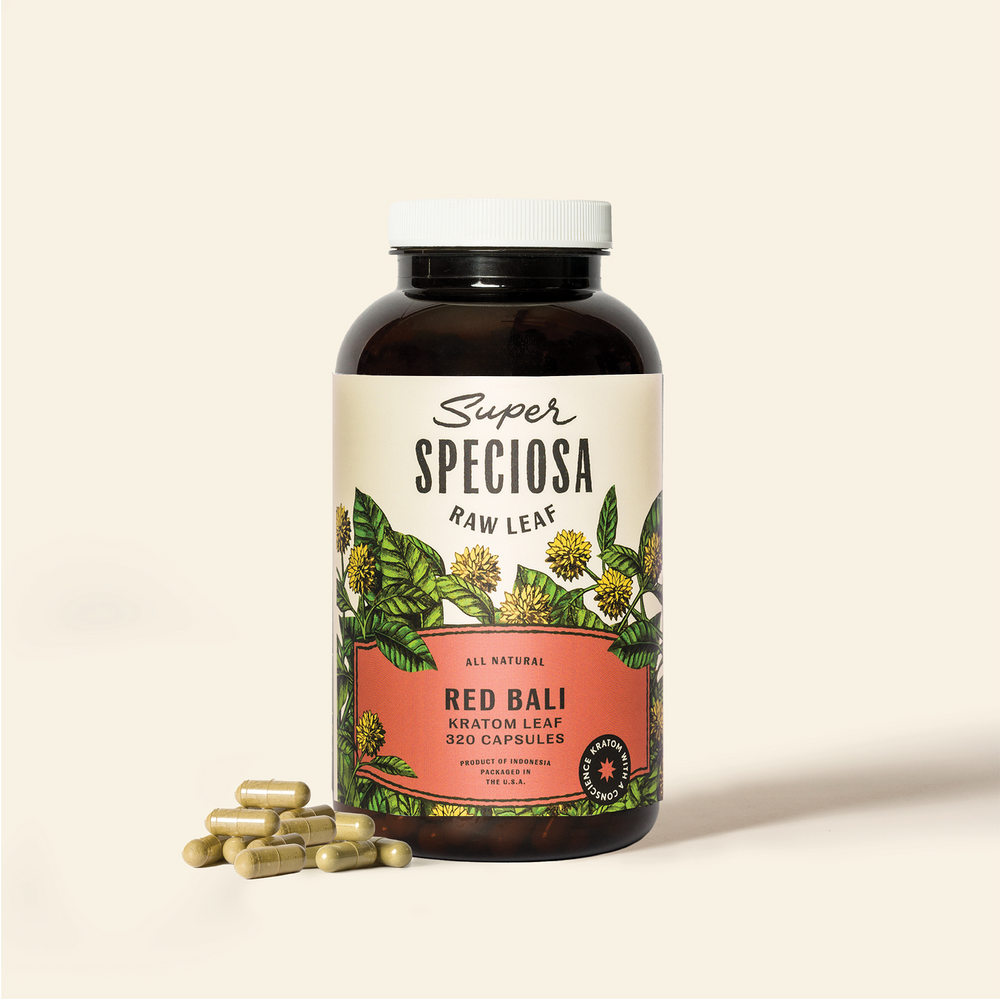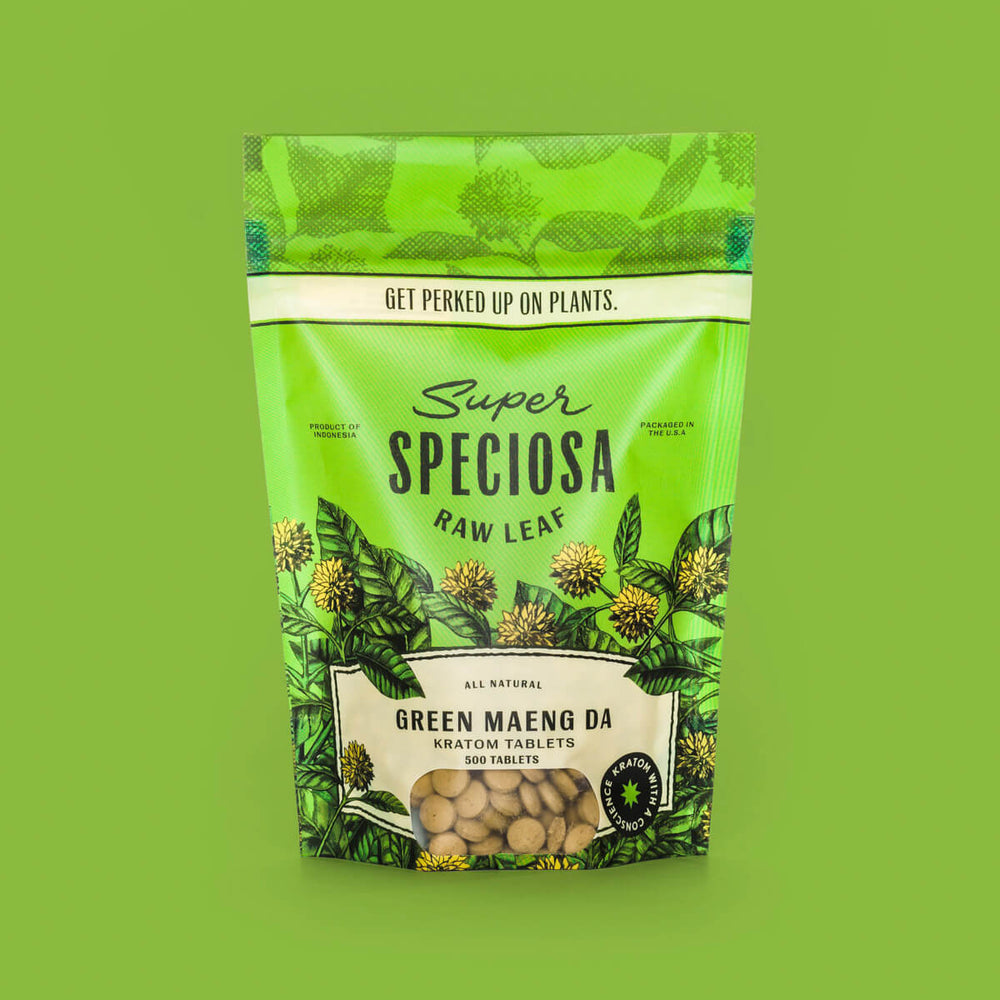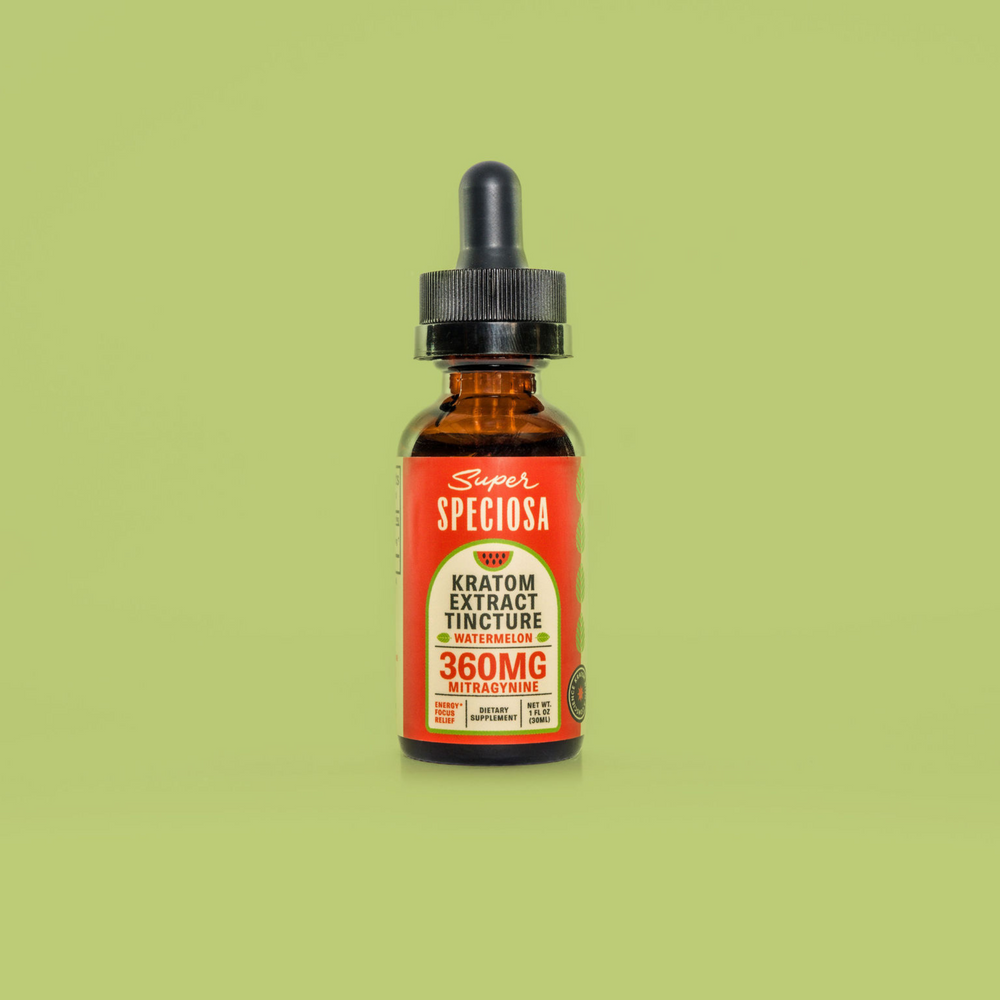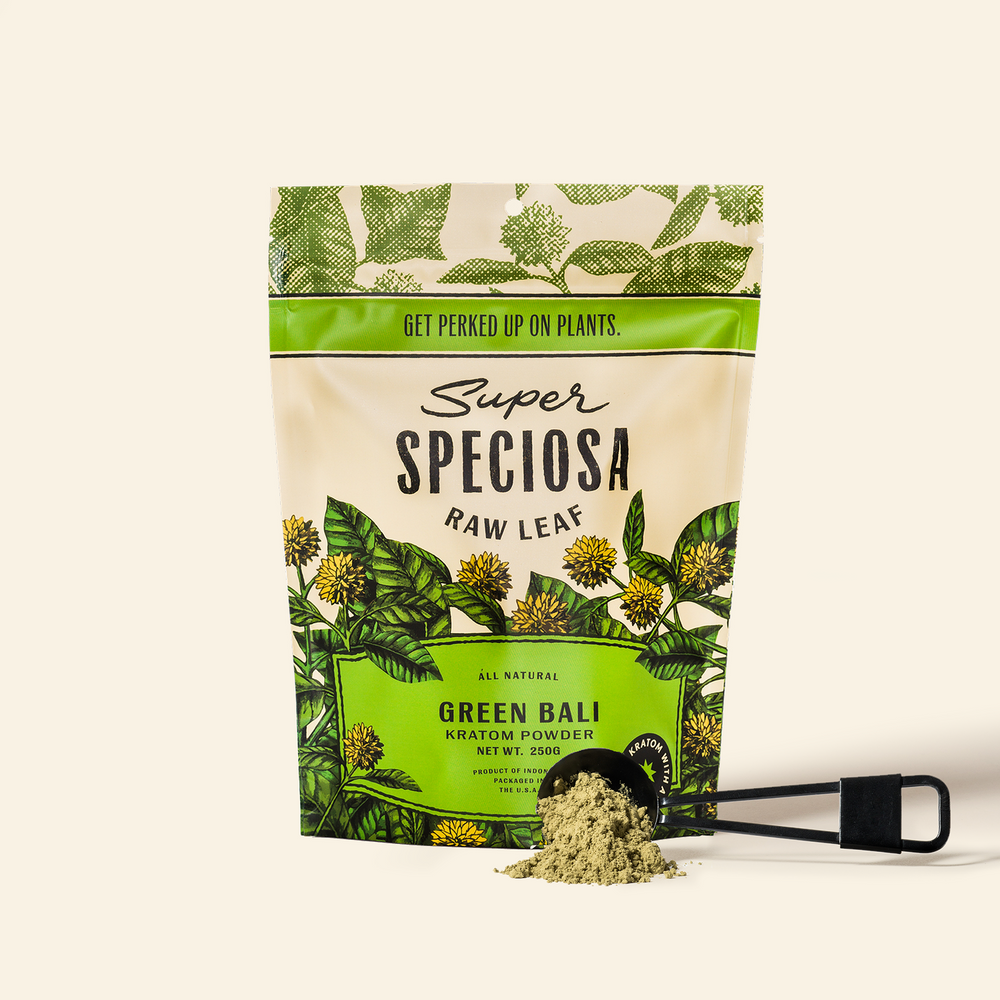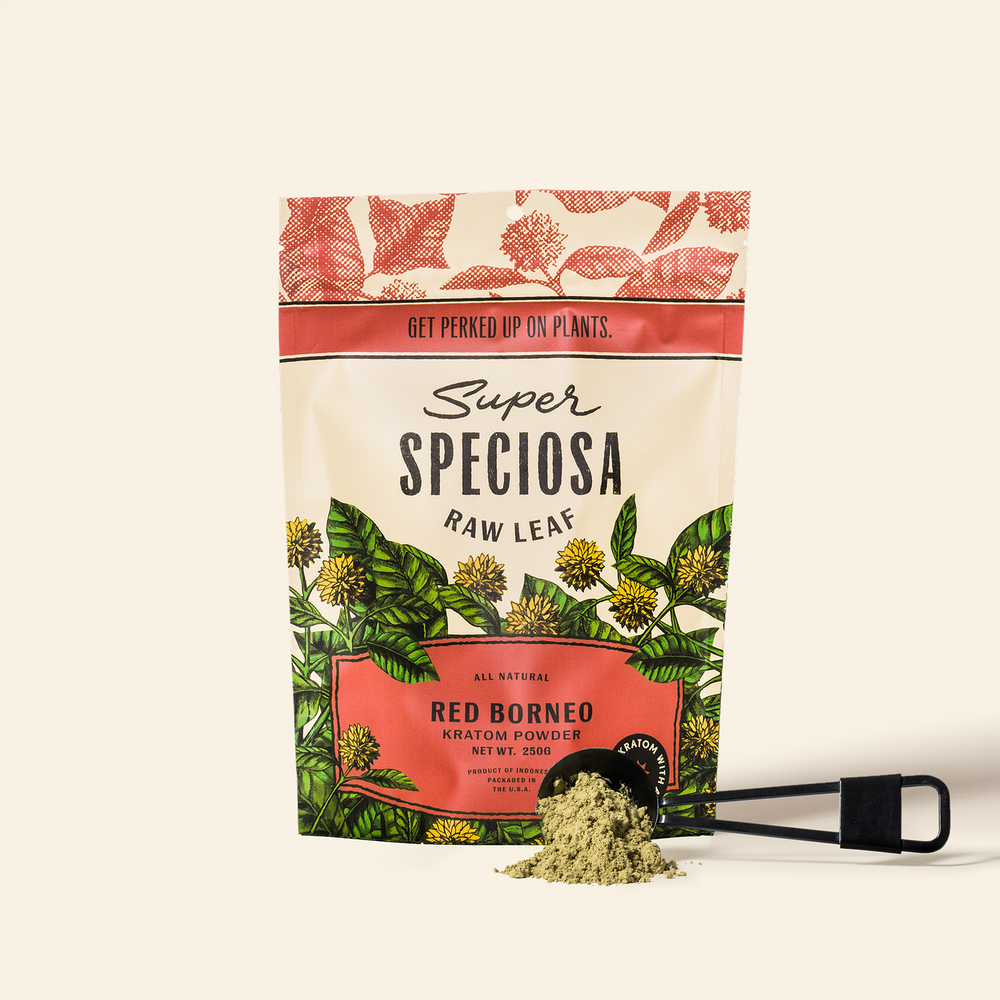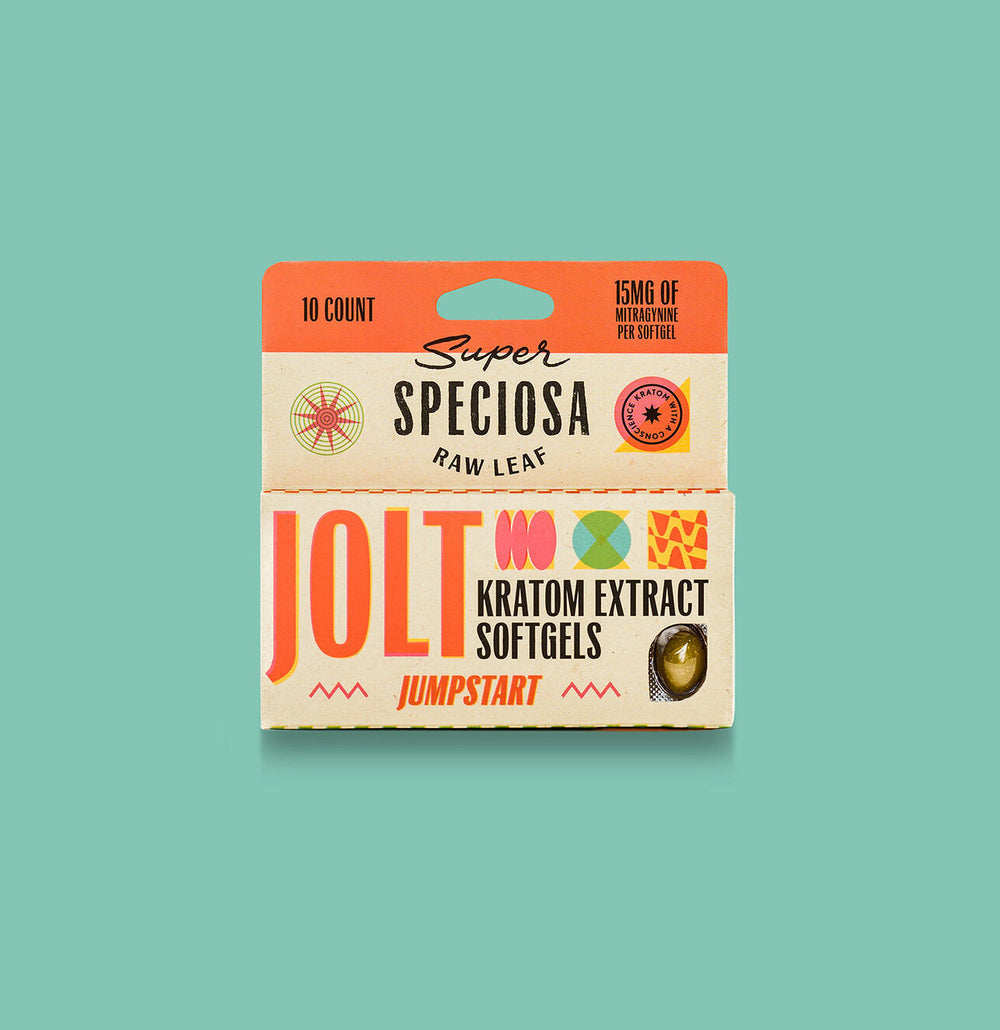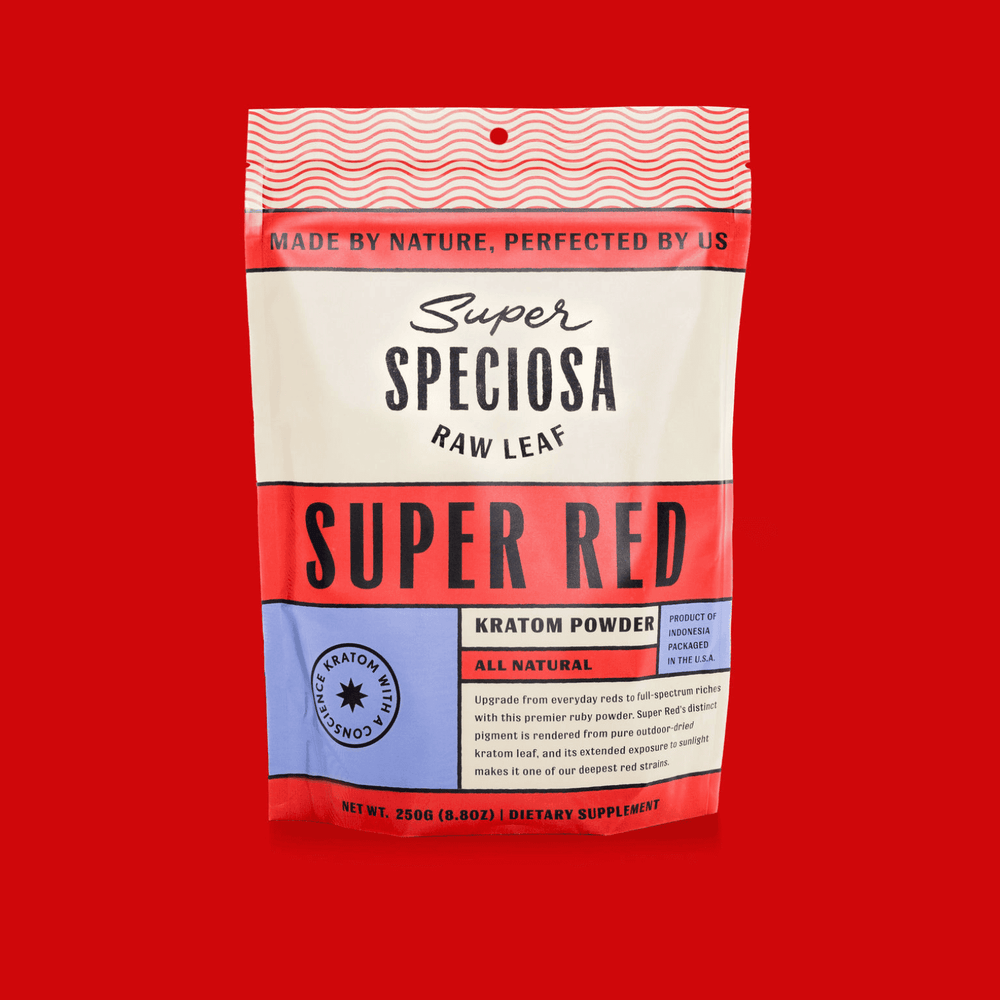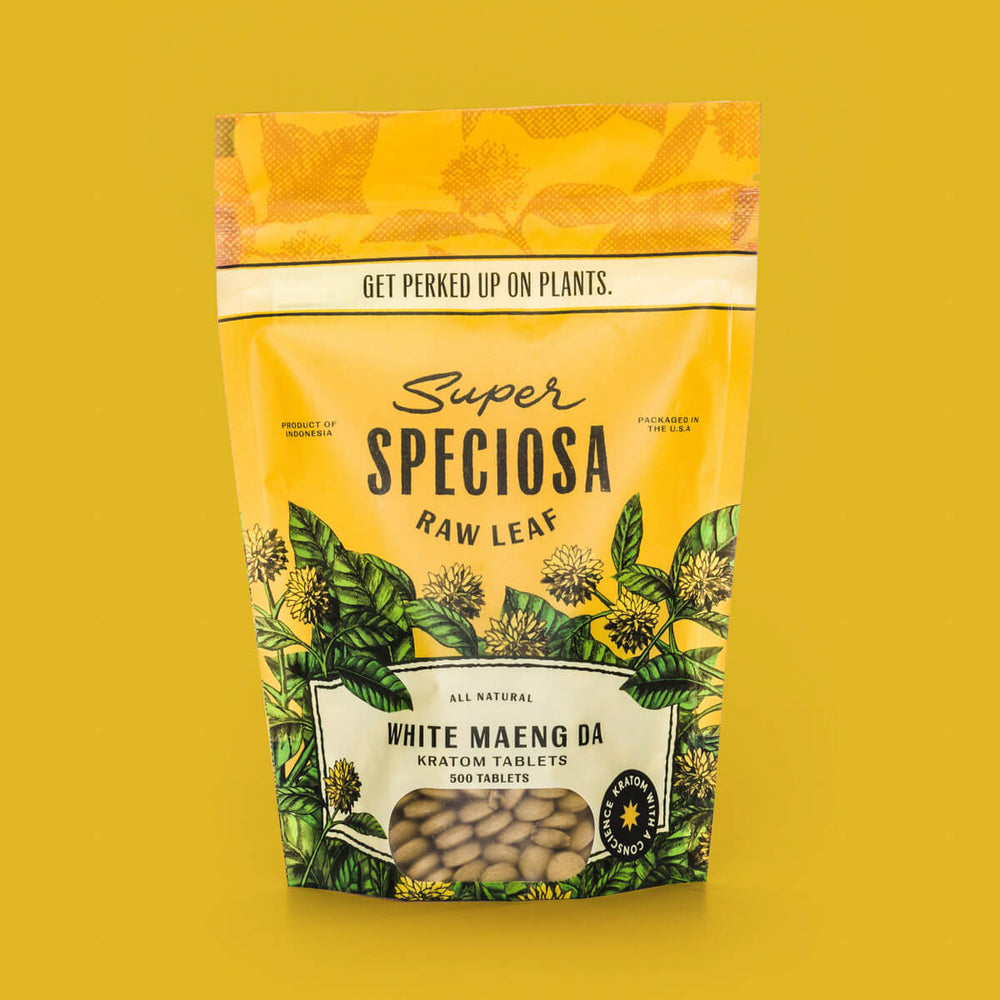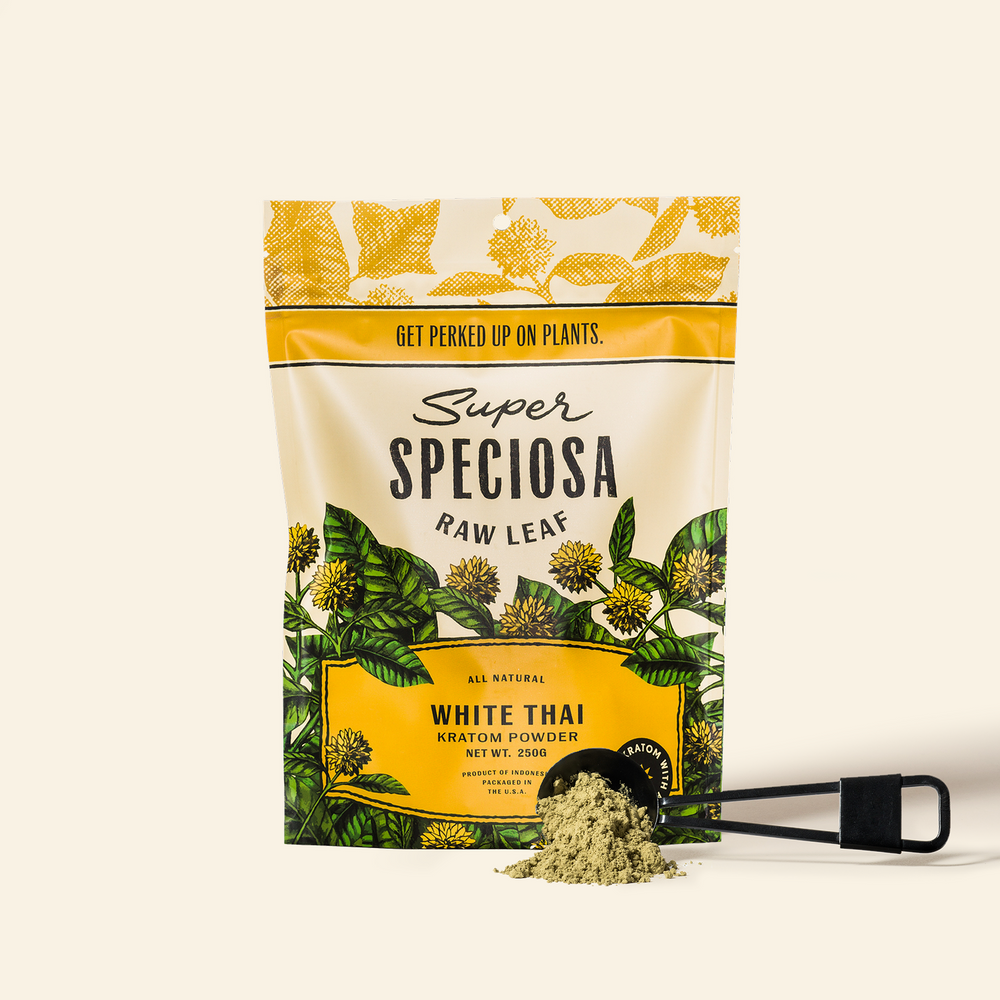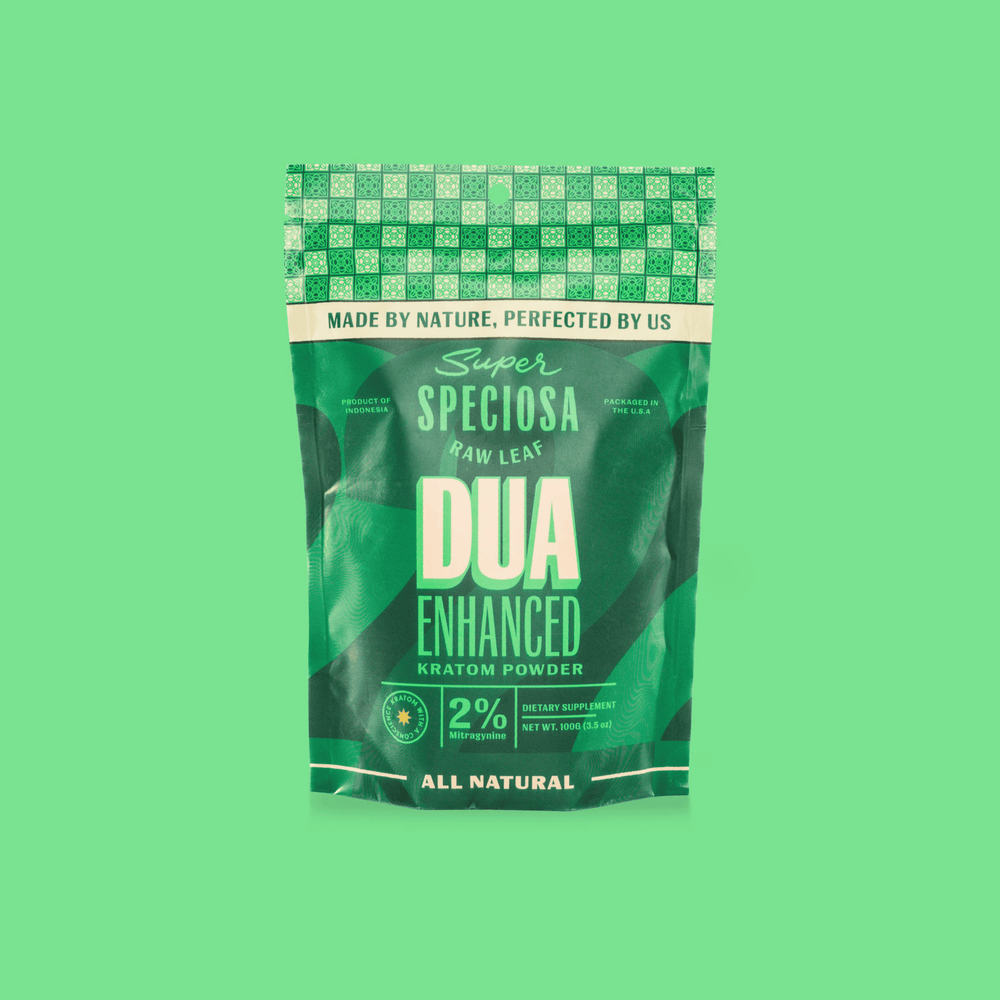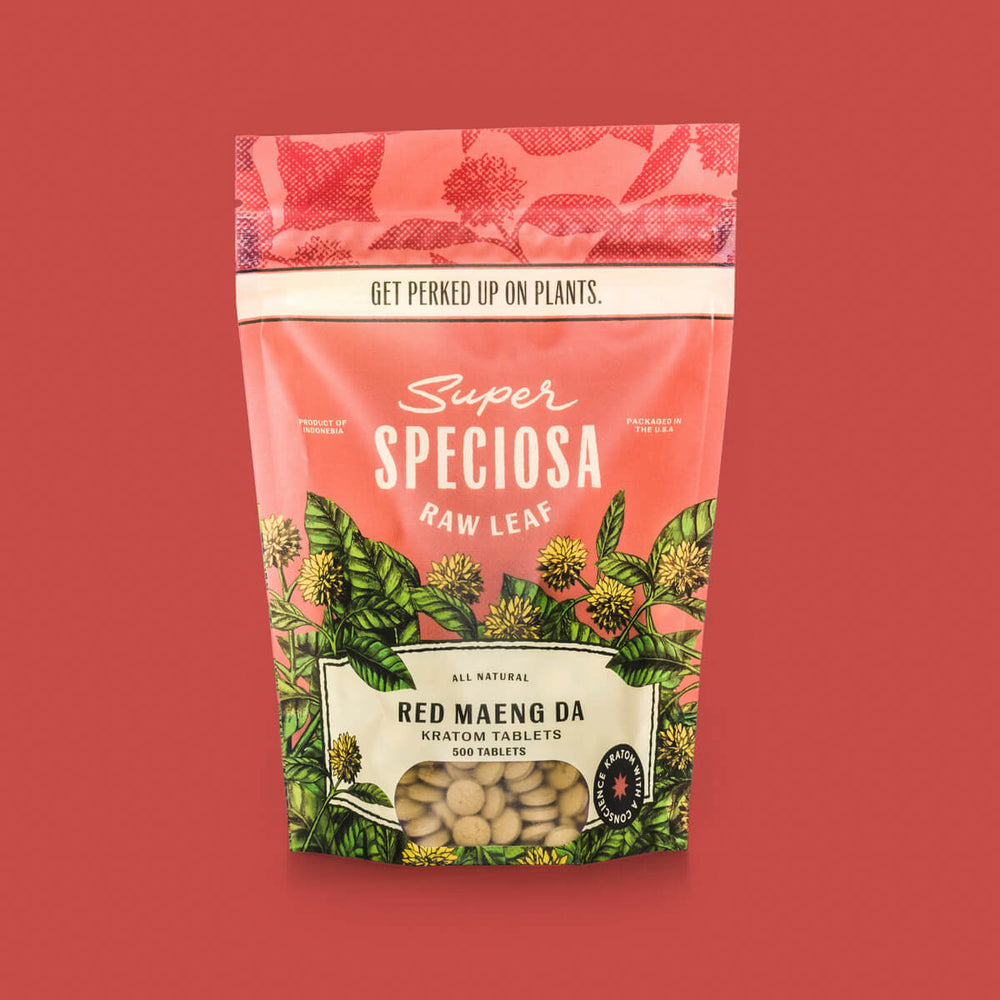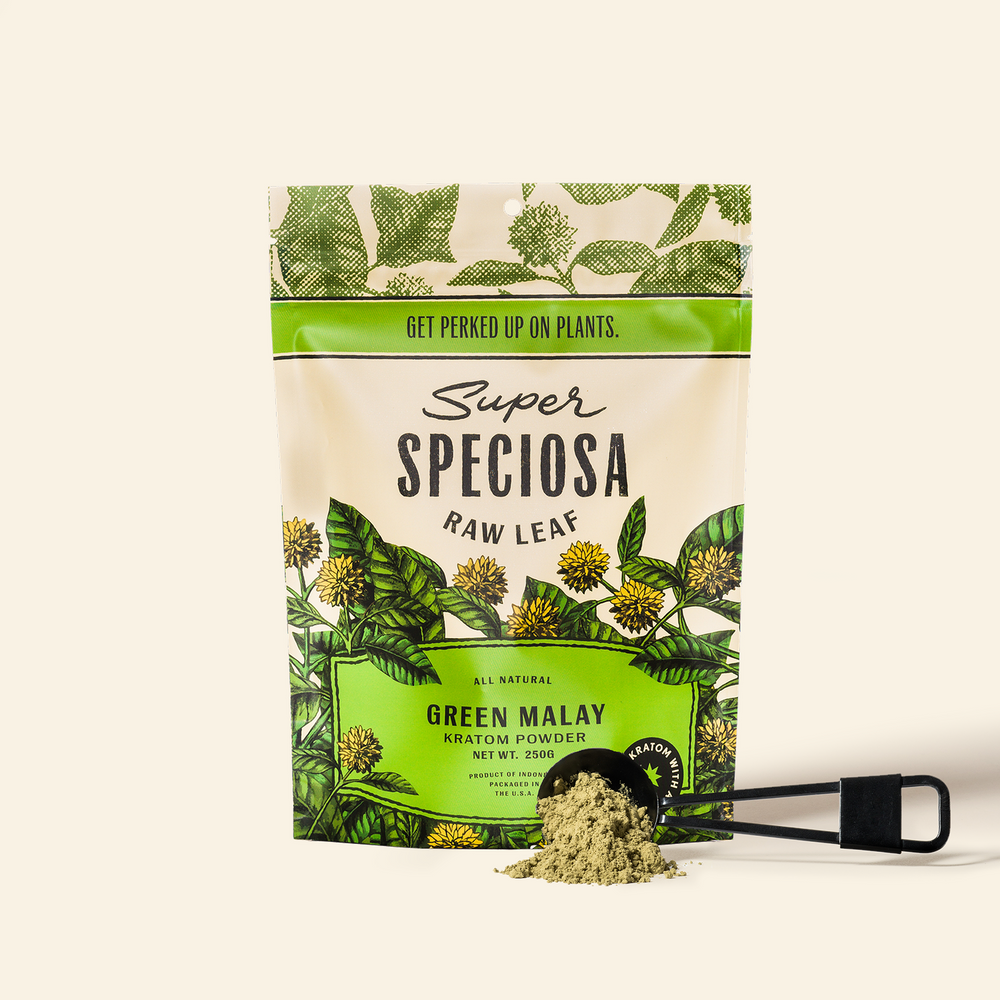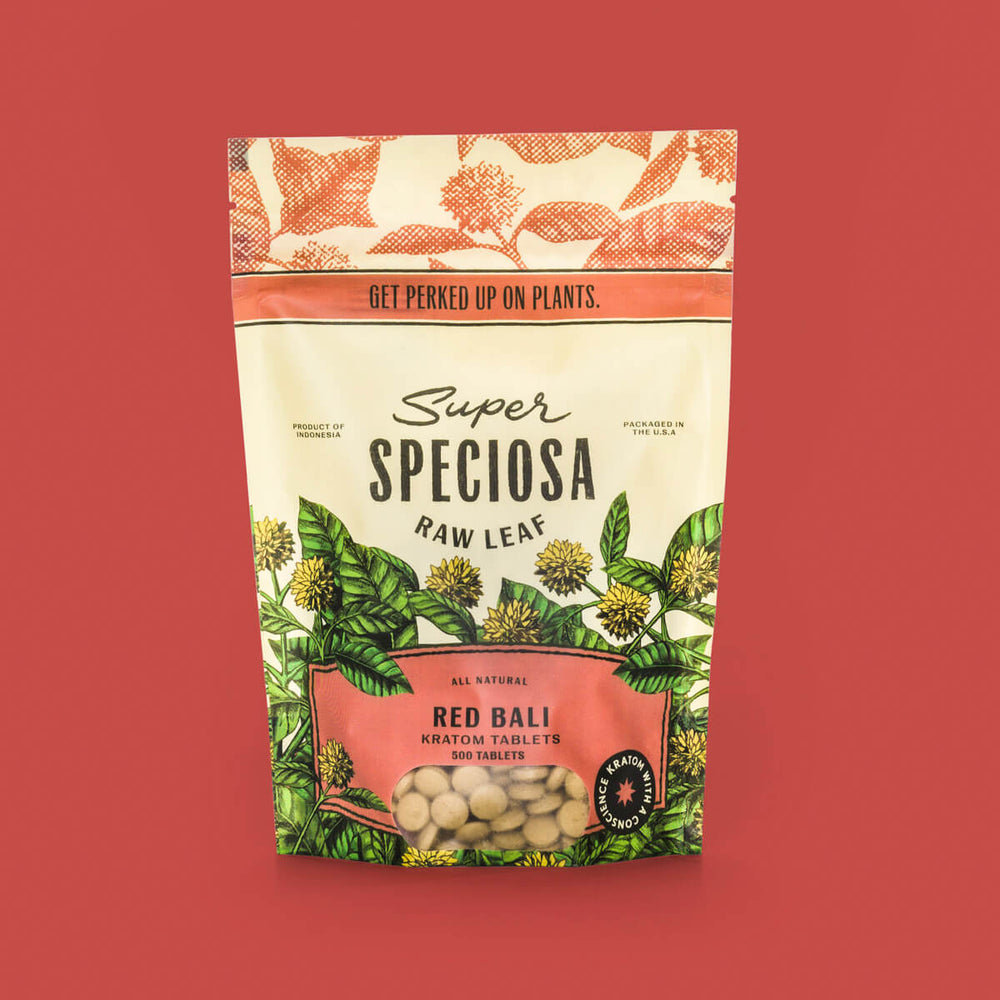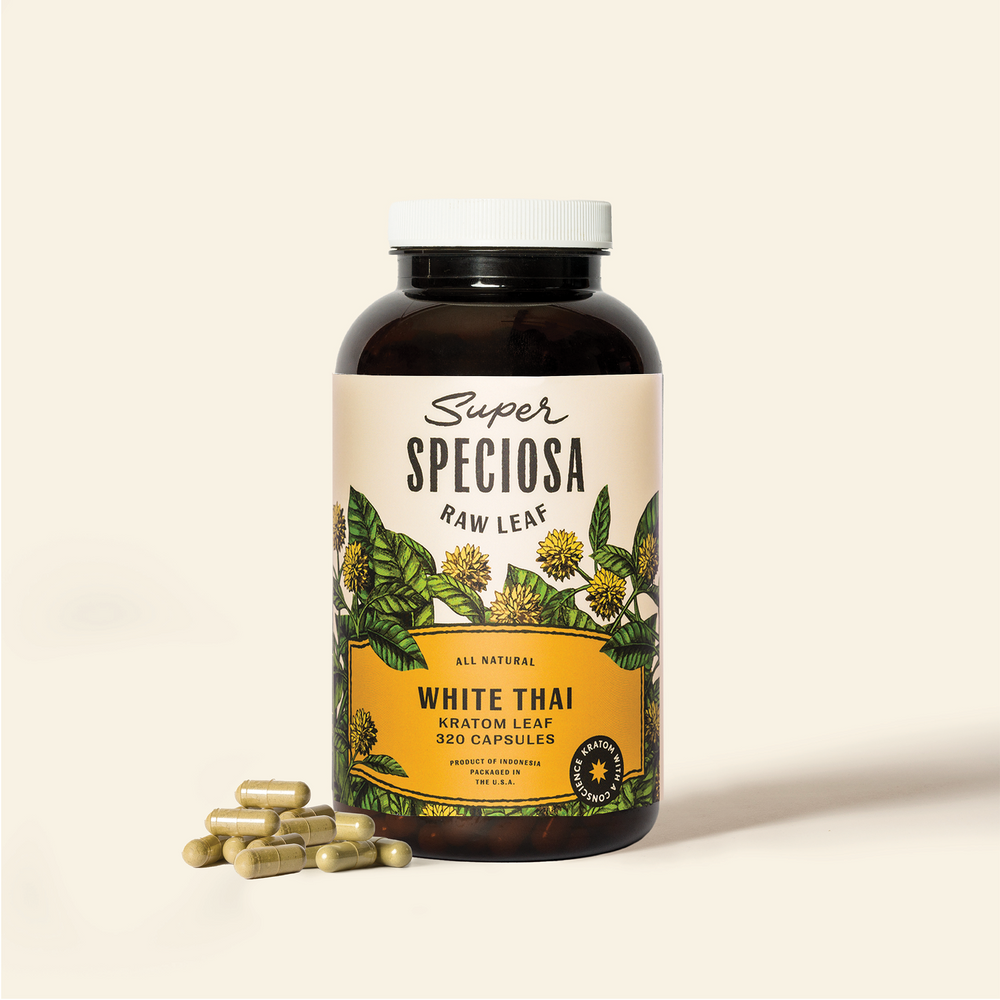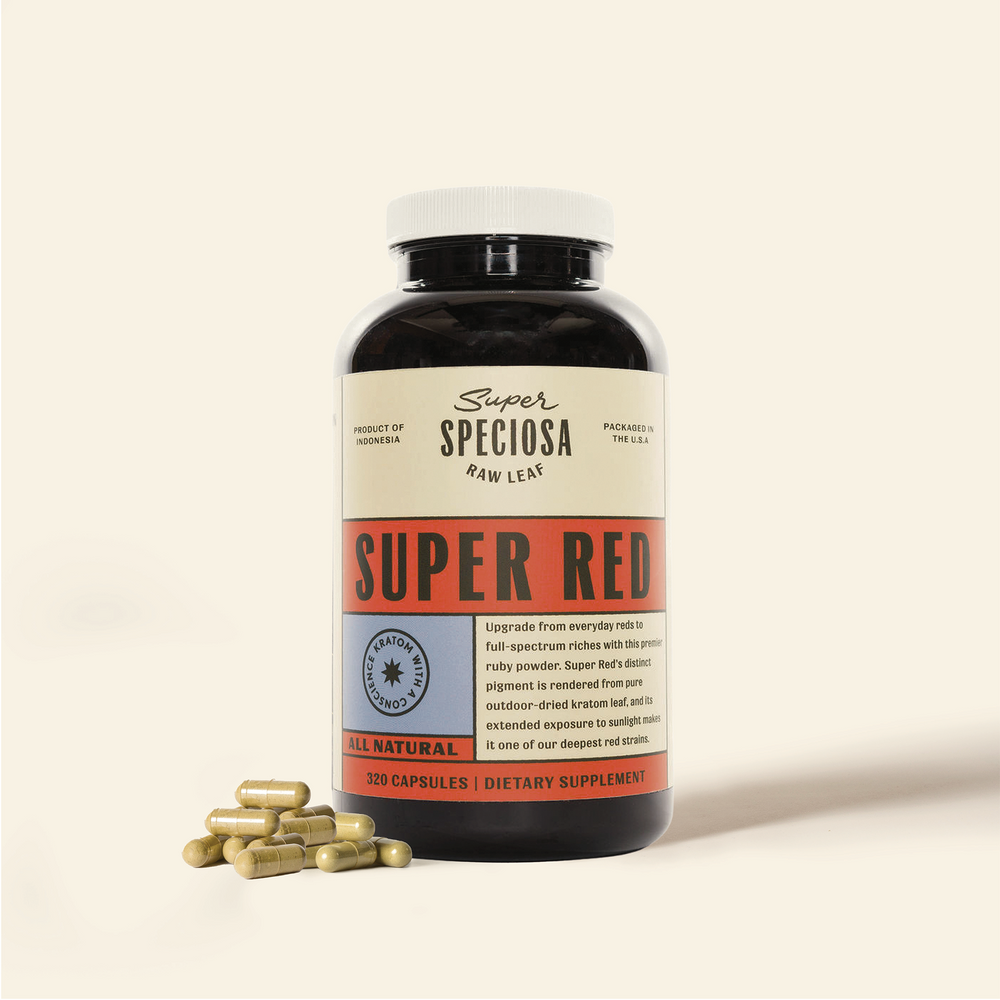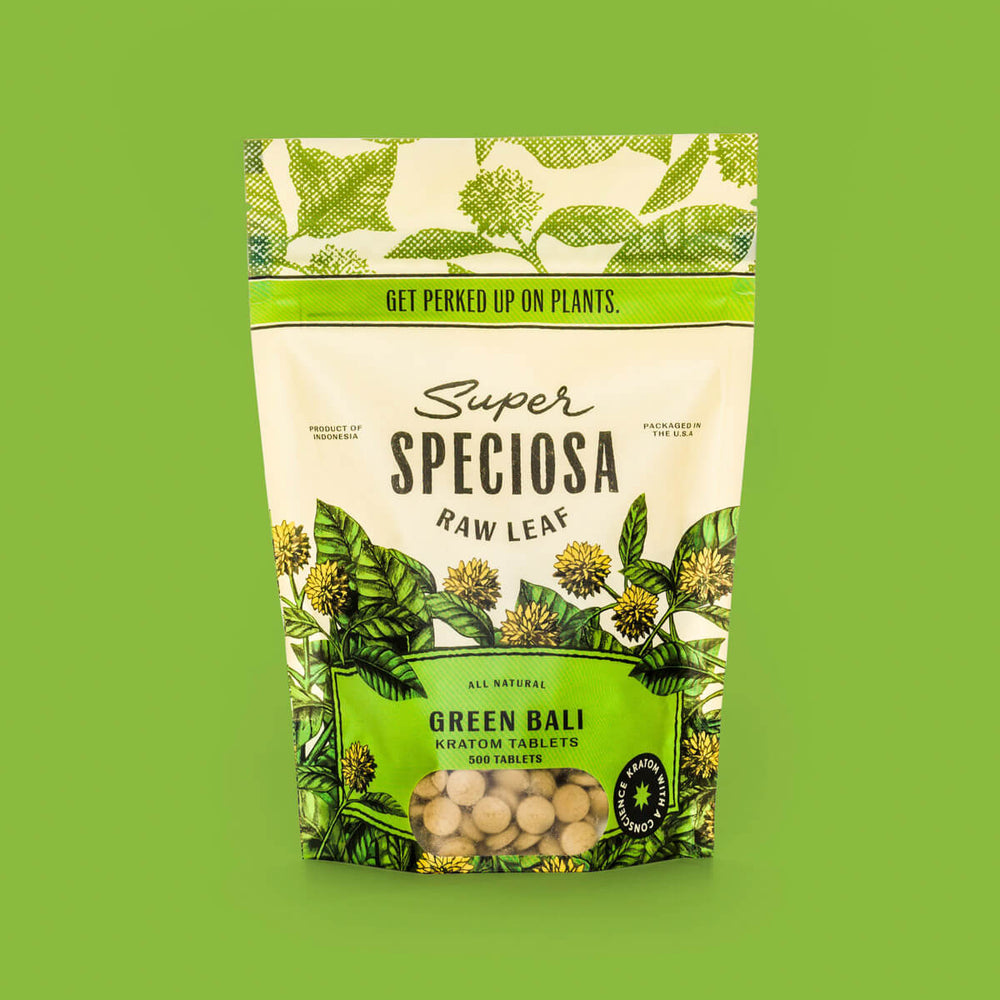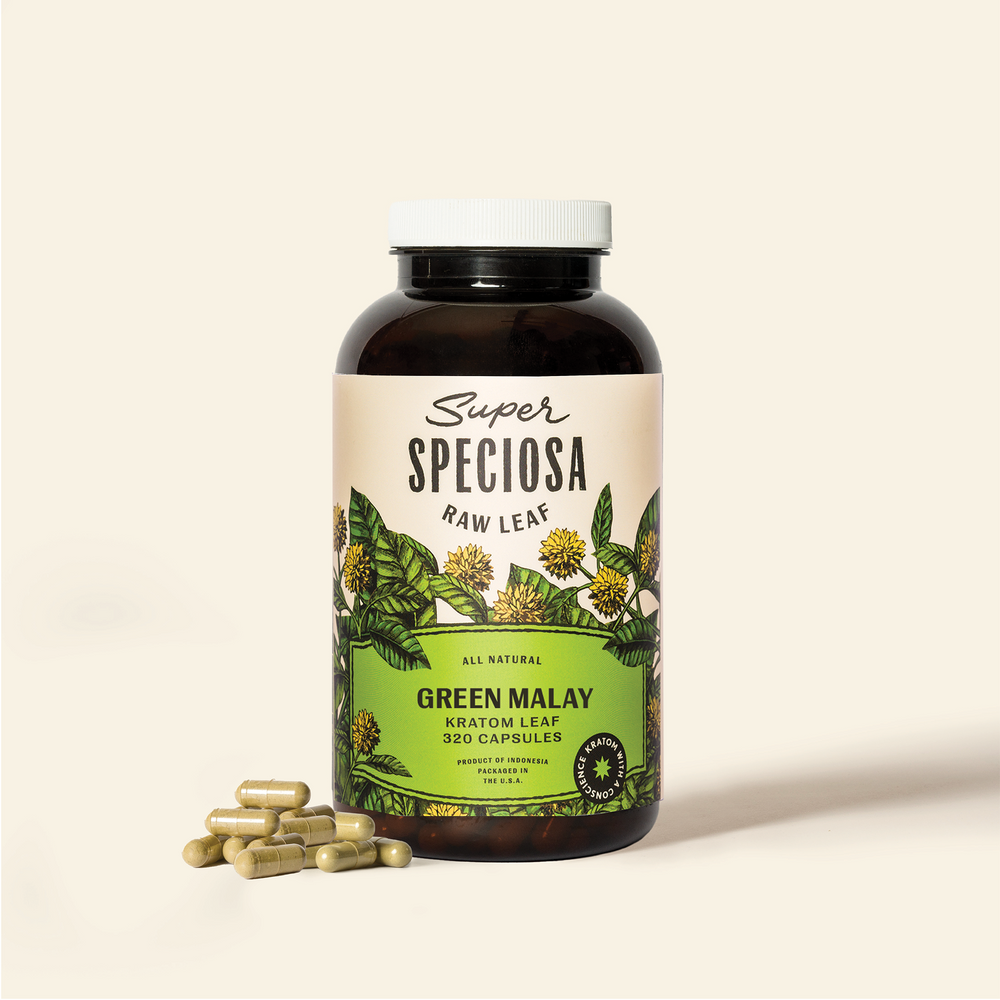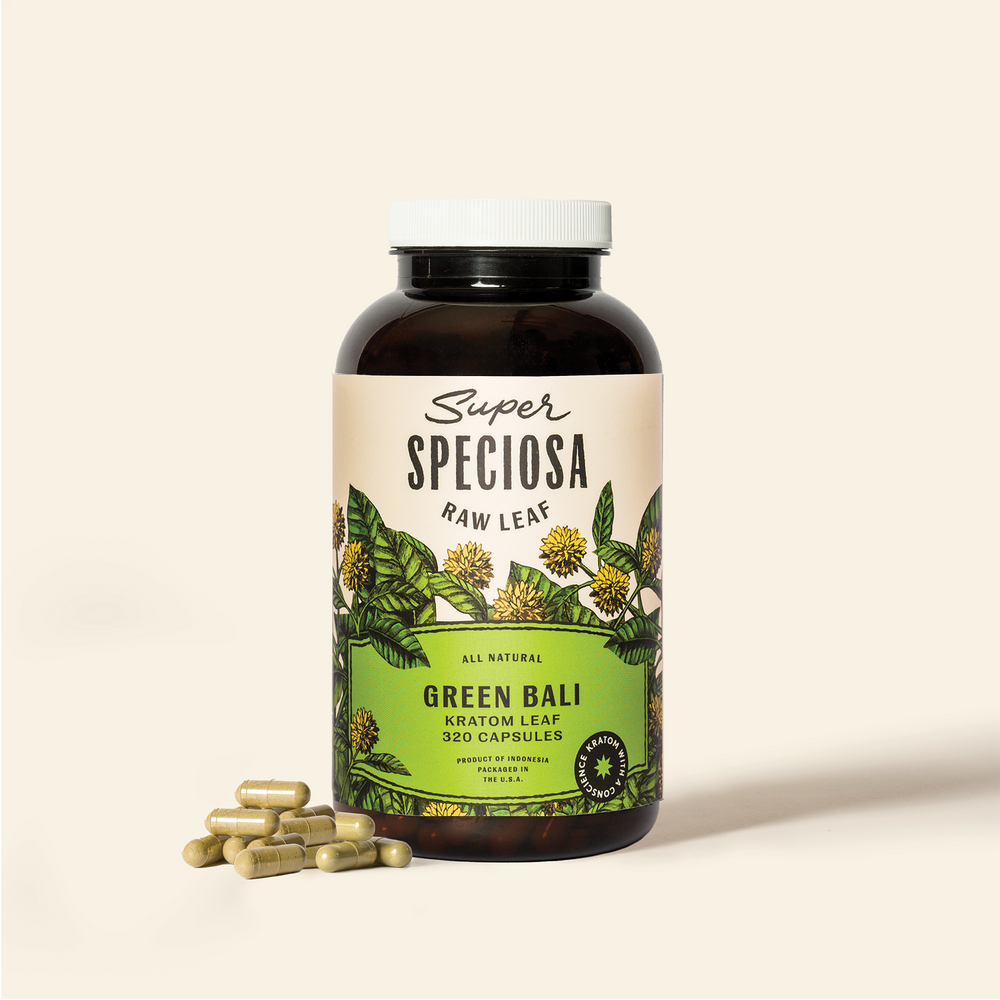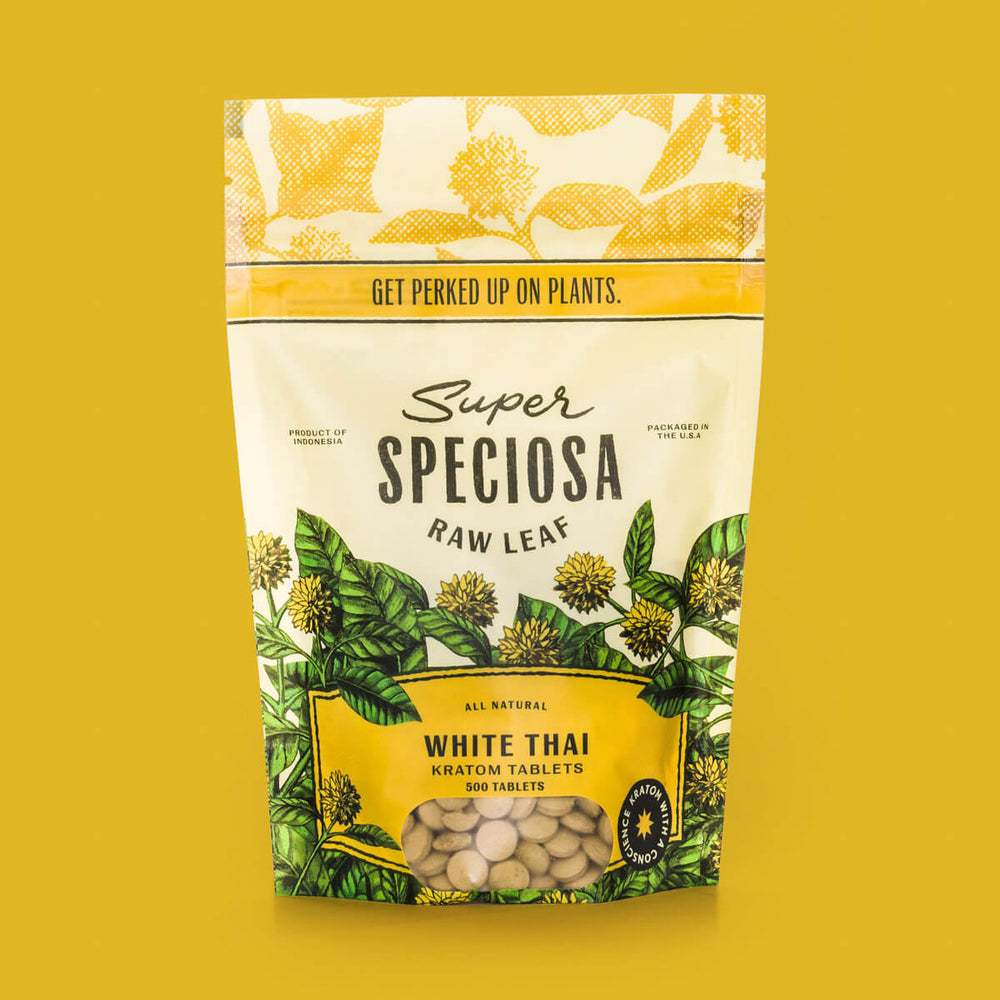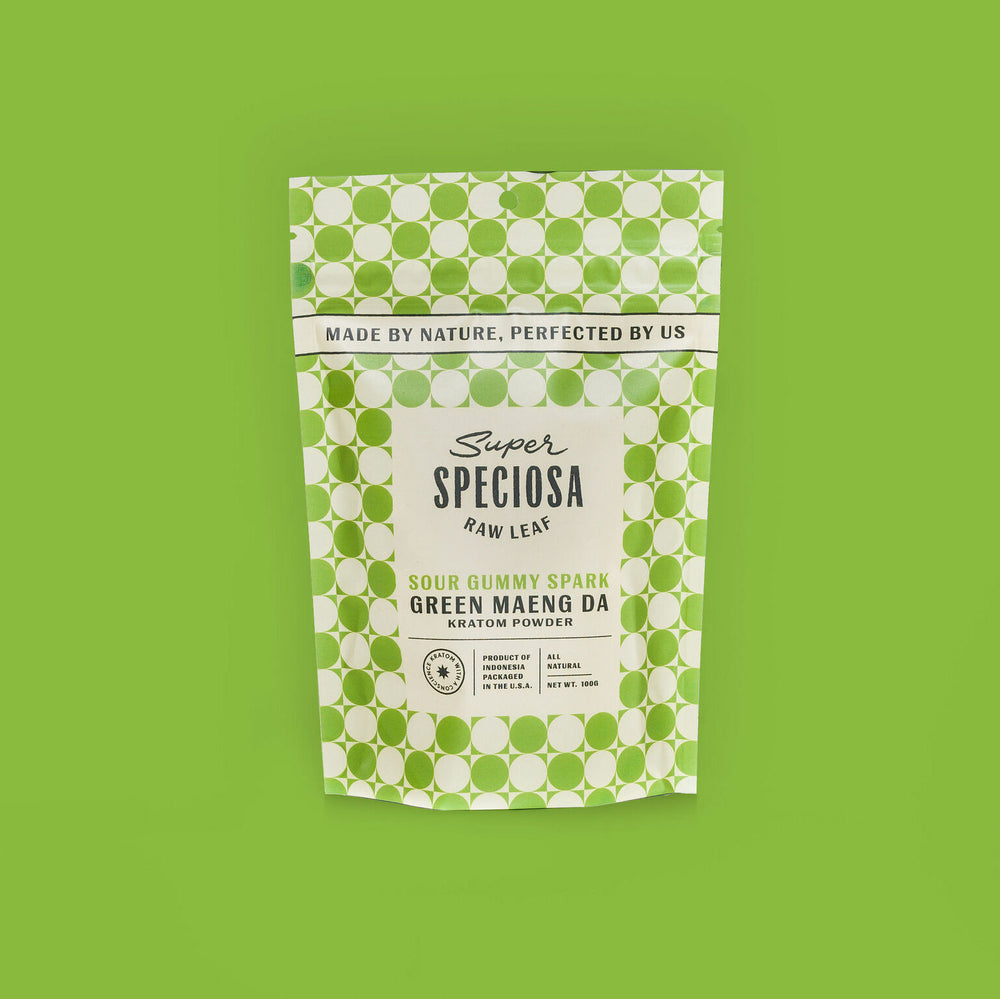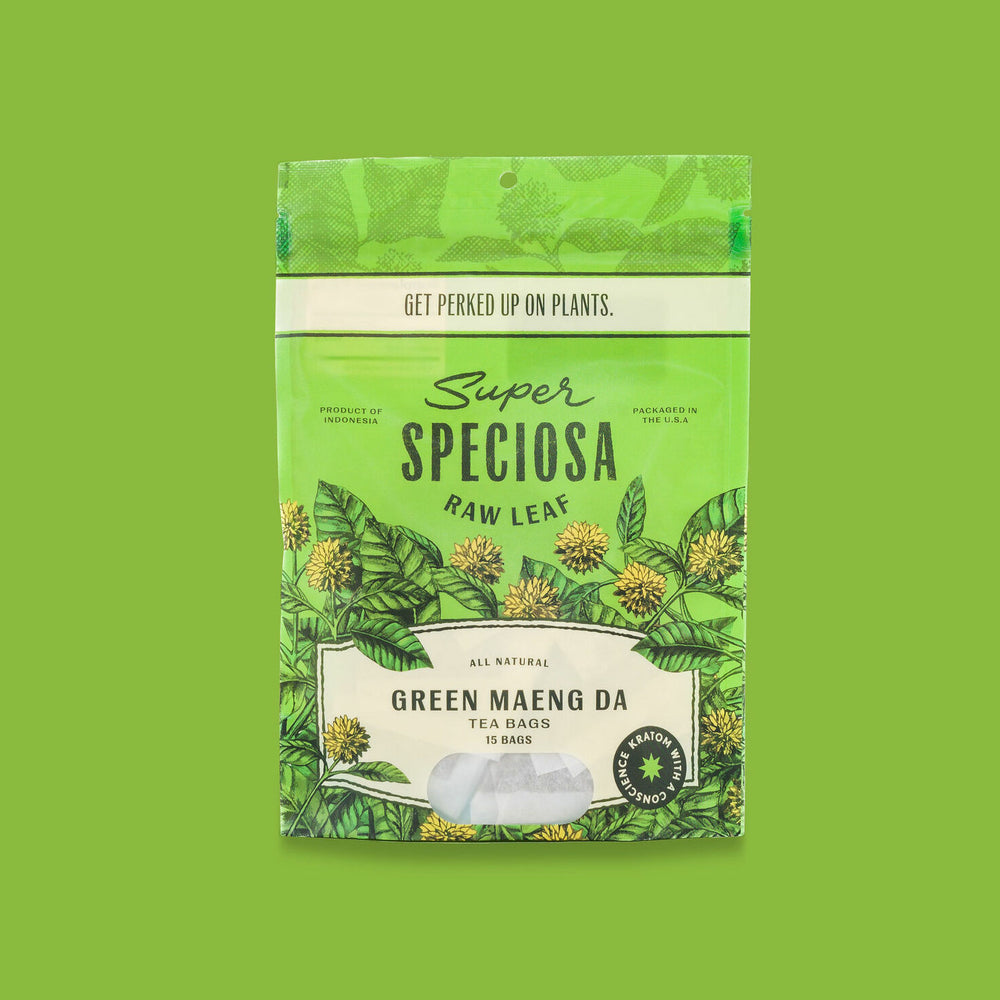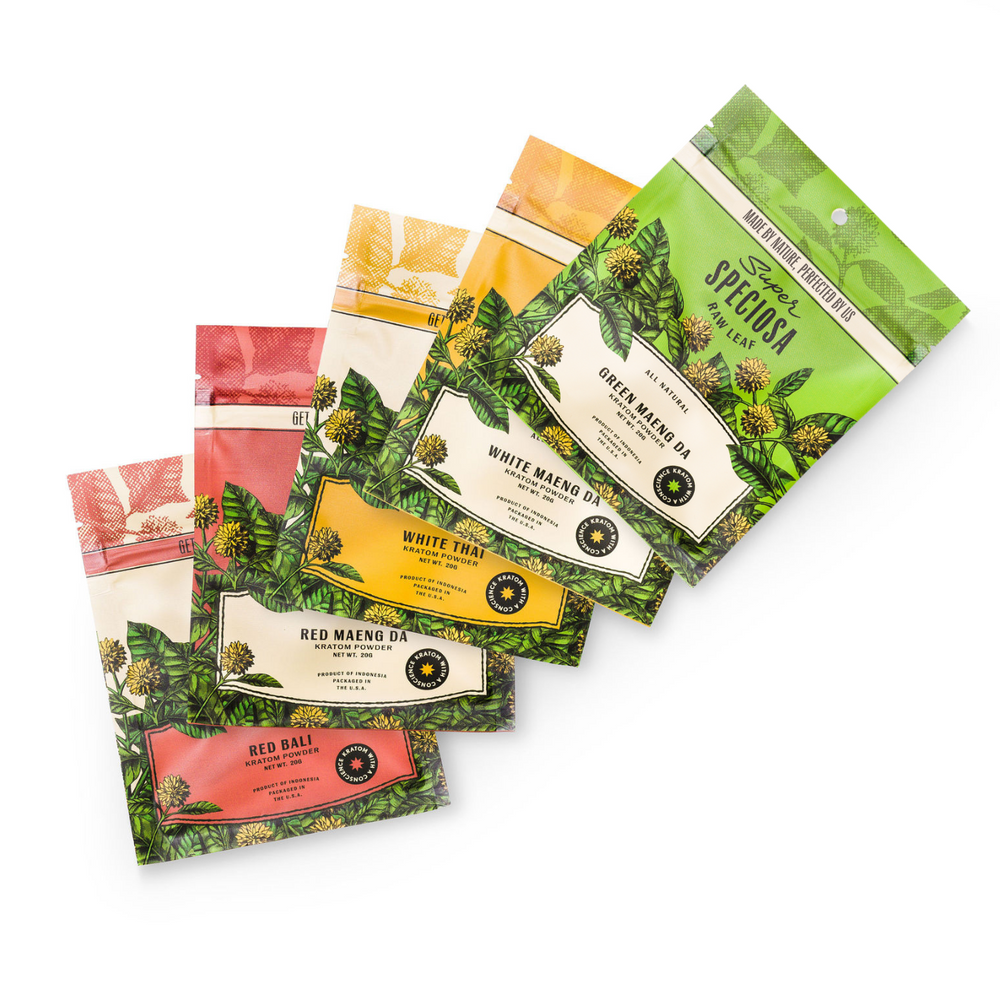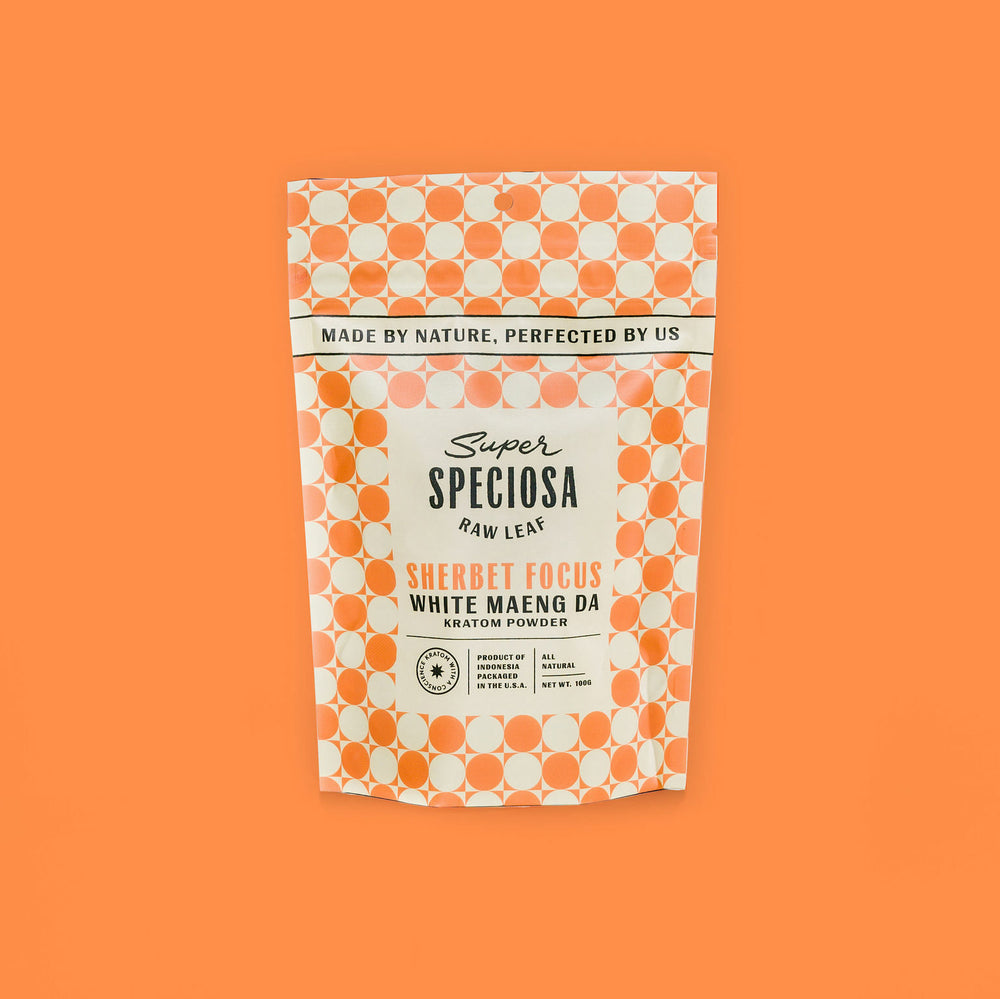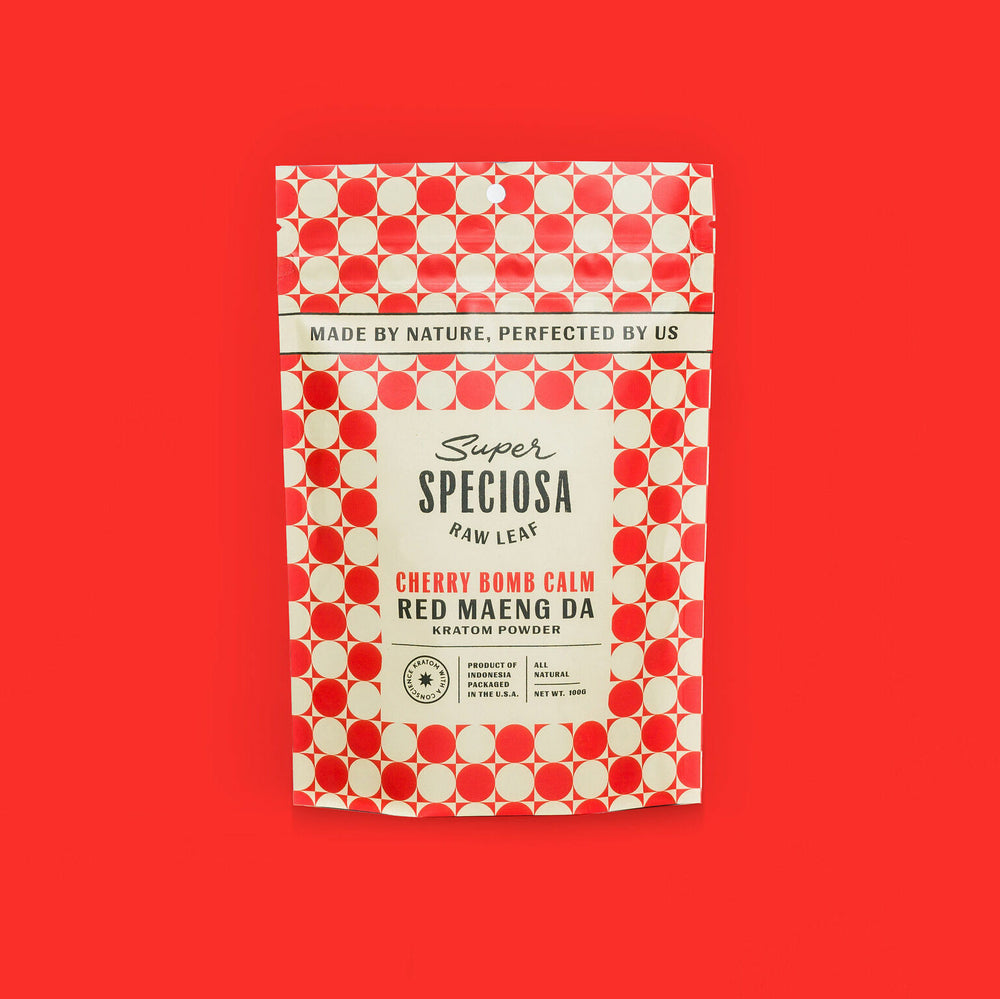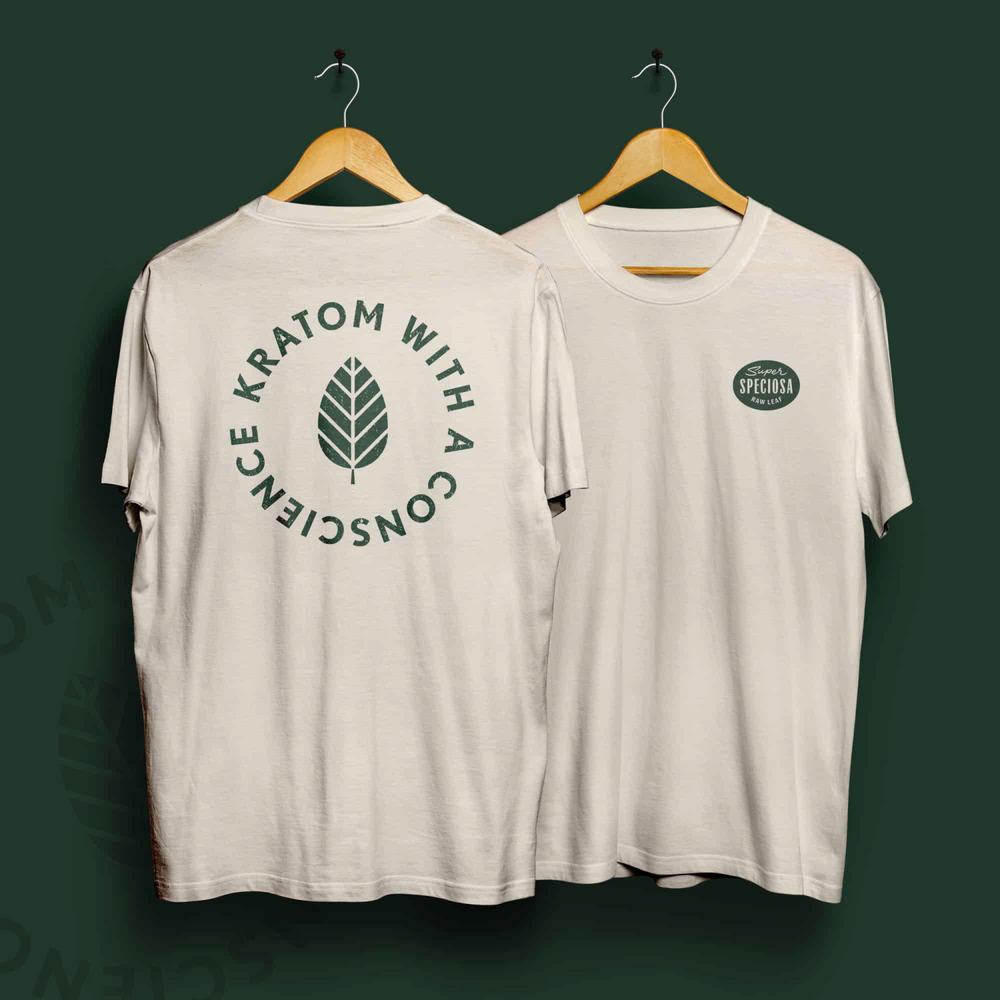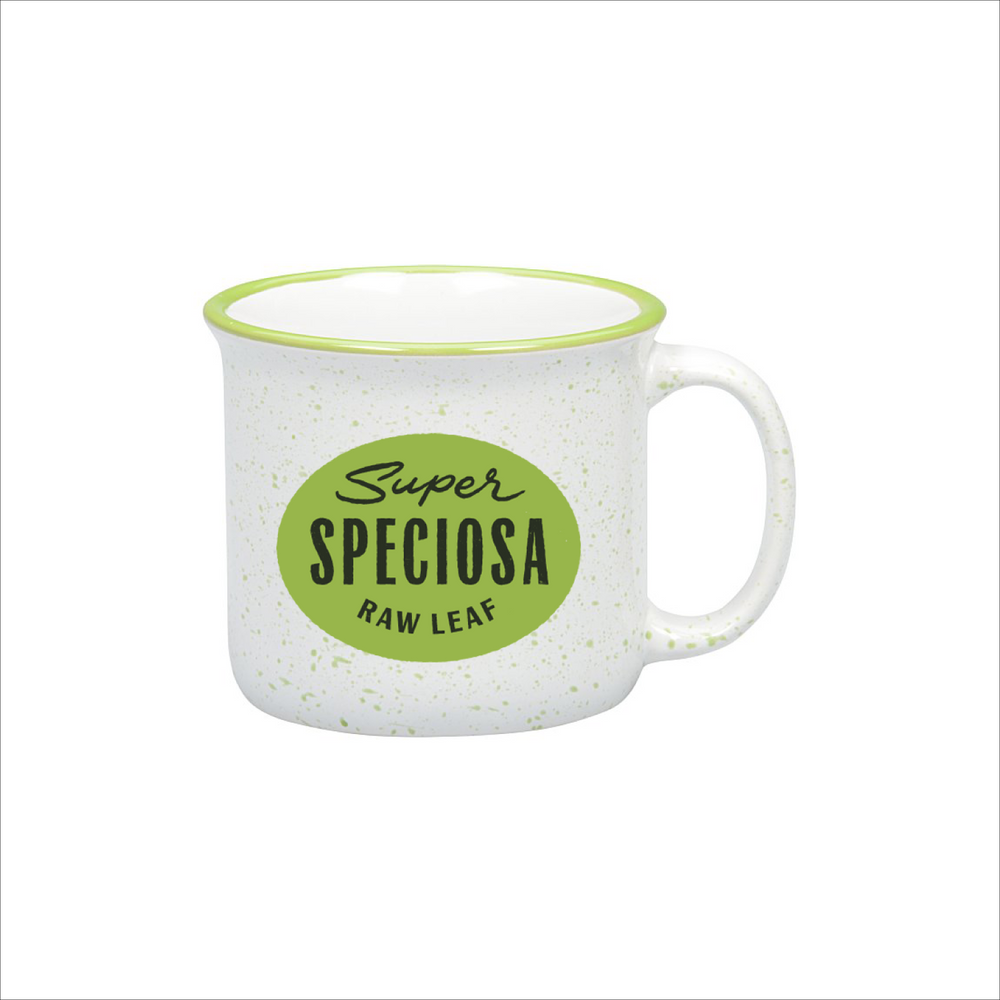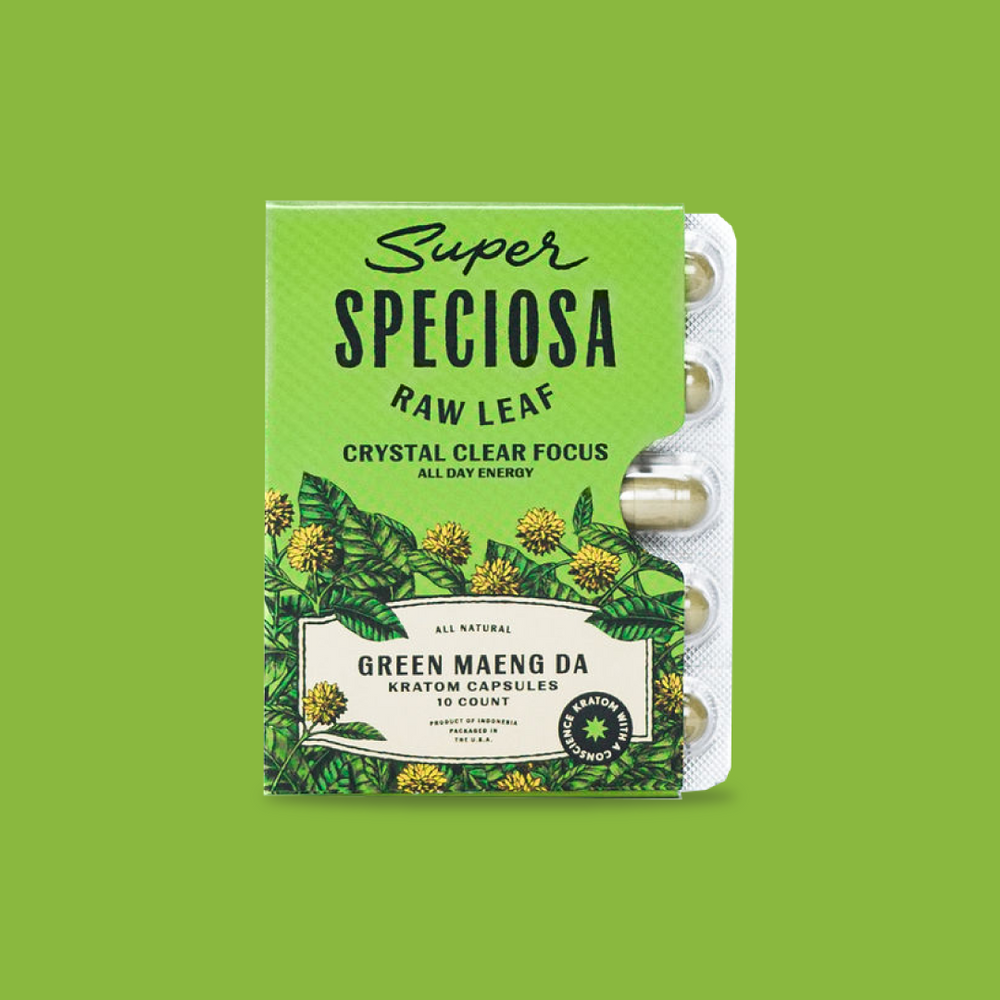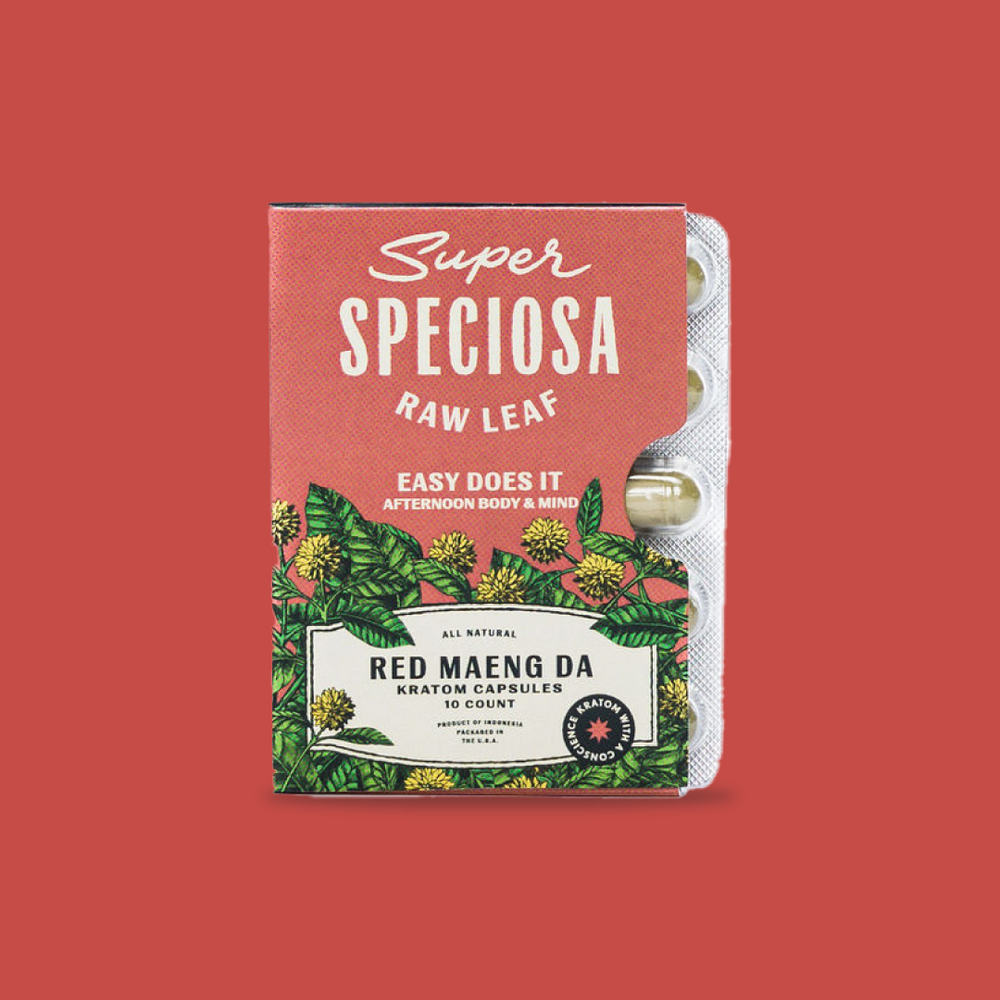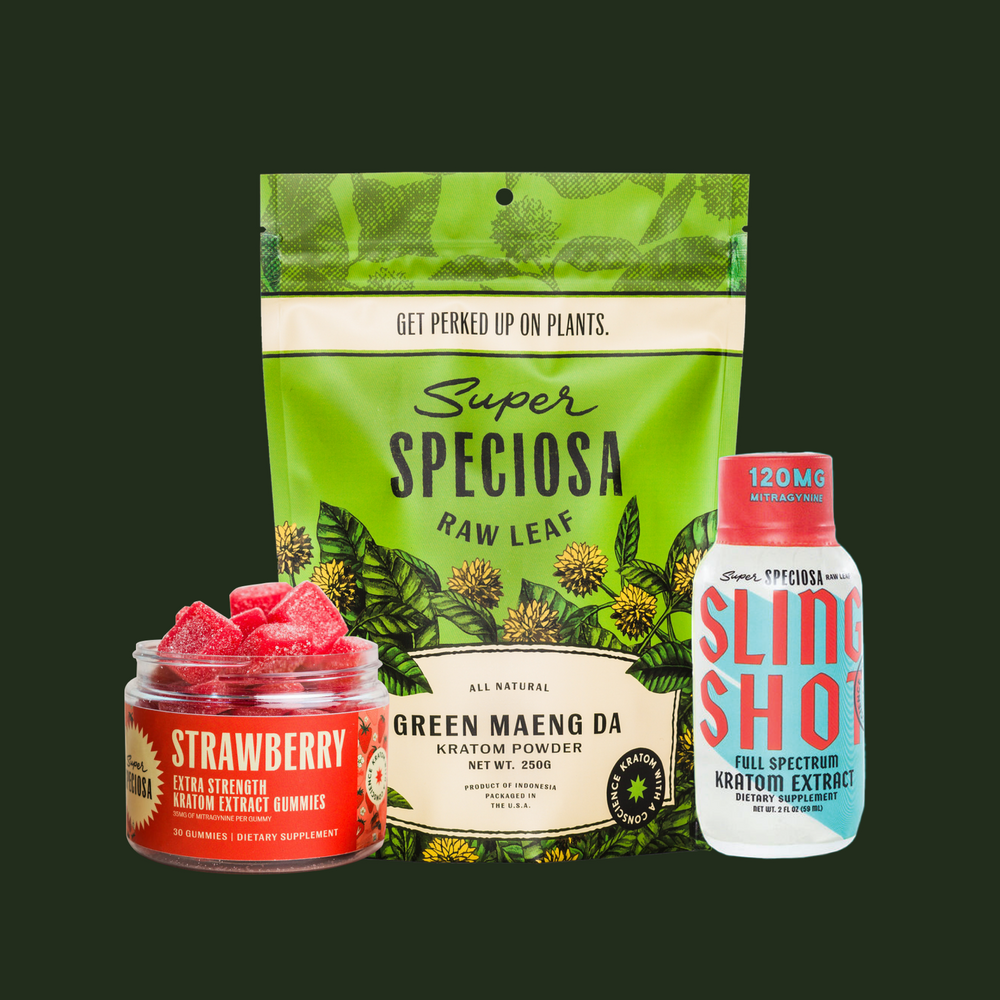Navigating Kratom Regulation: Antioch, Illinois' Innovative Approach and Its Implications
NAVIGATING KRATOM REGULATION: ANTIOCH, ILLINOIS' INNOVATIVE APPROACH AND ITS IMPLICATIONS

Governments of all sizes and structures have tried to find unique ways of targeting kratom. Now, the city of Antioch, Illinois is taking its shot at using whatever regulatory power it has to try and limit access for kratom consumers.
A unique approach to instituting a kratom ban was introduced earlier this month at a meeting of the Antioch Village Board of Trustees. While it isn’t an outright ban on kratom, it’s a targeted effort to limit the market through regulatory measures–and it’s highlighting the larger issues surrounding the ‘kratom question’ in cities across the country.
Despite pushback from the local business community, the board voted to approve the measure 5-0 with one trustee abstaining.
Rather than target kratom directly, or make laws banning the plant, the board’s approach is to ban applicants for liquor and tobacco licenses from selling kratom. Kratom in the United States is marketed and sold as a daily dietary supplement, often brewed in tea or another beverage. Antioch is a small village on the north side of the Chicago metro, and if you search the area for kratom each result is also marketed as a place where you can get alcohol, tobacco or both.
The resolution also includes Delta-8 THC, a different isomer of what is commonly known as THC.
From Agenda Item to Ordinance
Per village code, any ordinance listed on the agenda can be passed into law if a measure is made for a vote, seconded and a majority votes in favor. In other instances where local municipalities have proposed ordinances to take action against kratom, the measures passed at the first meeting. Antioch proved to be no different thanks to a push from law enforcement.
Trustee Brent Bluthardt said during deliberation that it is “very rare” that police approach the board to consider taking action and questioned how long regulation might take if it’s left to the state. Bluthardt also questioned whether or not other cities or villages are taking similar action, and was told the city of Naperville recently took action against Delta-8 but not against kratom.
The proposed action in Antioch follows suit with a pattern in the state, in large part due to inactivity in the state legislature. Before Antioch’s proposed measure, six other cities in the state voted to ban kratom, giving it the most local kratom bans of any state in the country. At the state level, early attempts to ban or schedule kratom failed, and more recently a proposed version of the Kratom Consumer Protection Act fizzled out in committee during the 2020 legislative session.
Testifying against the measure was Kumal Umarwadia, the owner of Shop & Save Liquor, alongside his lawyer William Dallas.
Dallas started by stating that this ordinance would affect a “significant portion” of the sales for his client and offered available studies related to kratom. Members of the community know that Shop & Safe is a locally-owned store where community members know they can get “safe products” complete with QR codes and a knowledgeable staff, Dallas said.Such restrictions on kratom sales should be implemented at the state level, Dallas said, and inquired about a potential local licensing operation in place of a ban.
Umarwadia made it clear to the board that his staff follows strict rules about scanning IDs and spoke to the board about the value of proper labeling for products. For business owners like himself, Umarwadia said such a ban was overly restrictive and told the board he would like to “come together for a more workable solution.”
One element limiting the board is that Antioch is a “non-home rule community” and cannot restrict the “selling age of a product.”
Act Now, Adjust Later
The prevailing sentiment from the trustees was a policy of ‘act now, make adjustments if new information arises.’ Trustee Ed Macek, who seconded the original motion, brought up the lack of testimony from a medical expert and questioned if the products “look like candy” before relaying his conversations with medical professionals. Although he seconded the measure, and would eventually vote for its passage, Macek said that more time was required to hear from experts and allow for the businesses affected to produce such experts.
Instead of allowing for that time, the board voted unanimously with trustee Petrina Burman abstaining from the vote.
Now, with a law in place that bans kratom sales within the borders of a larger community where kratom is legal, advocates are worried law enforcement’s involvement in such a measure could lead to unintended consequences.

In Arkansas, authorities used a state-wide ban on kratom to incarcerate a man for 8 months before testing the substance and discovering it was moringa, a legal supplement. Another man was arrested after purchasing kratom across the border in a state where it was legal and charged with drug trafficking for a small amount of kratom.
That man, Marshall Price, later died in police custody under questionable circumstances.
In Alabama, another state with a ban on kratom, a woman was arrested after crossing the border from Florida where she had purchased the kratom. She was also charged with drug trafficking.
Of the municipalities that have banned kratom in Illinois, Antioch is the first in the Chicago metro area. Although it doesn’t ban kratom, and thus puts consumers at risk of venturing into the city with legally purchased kratom, advocates are worried such a measure could be used to target responsible business owners like Umarwadia.
